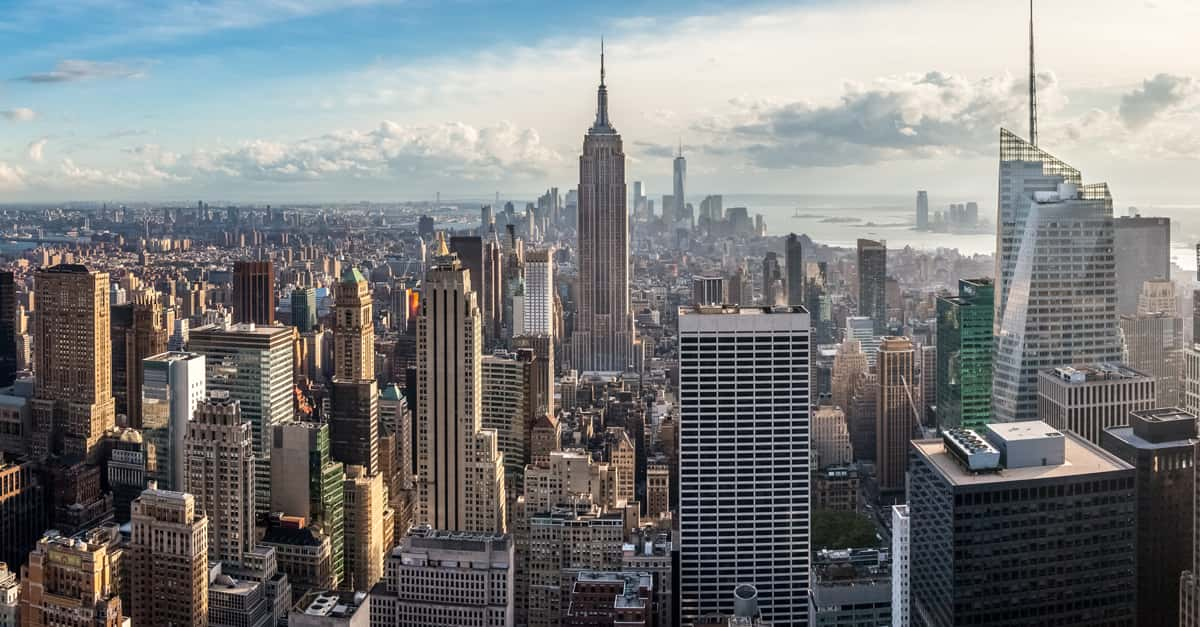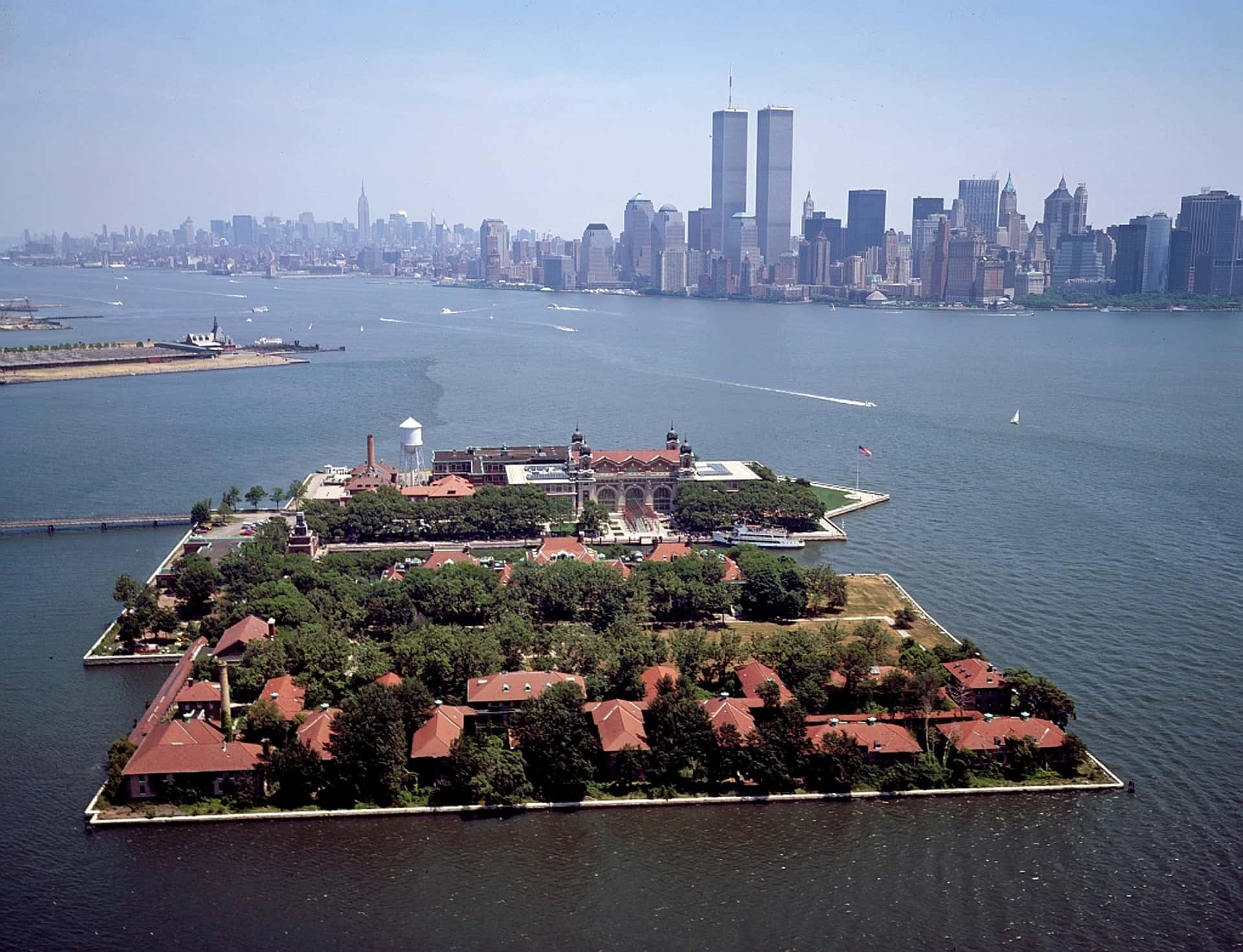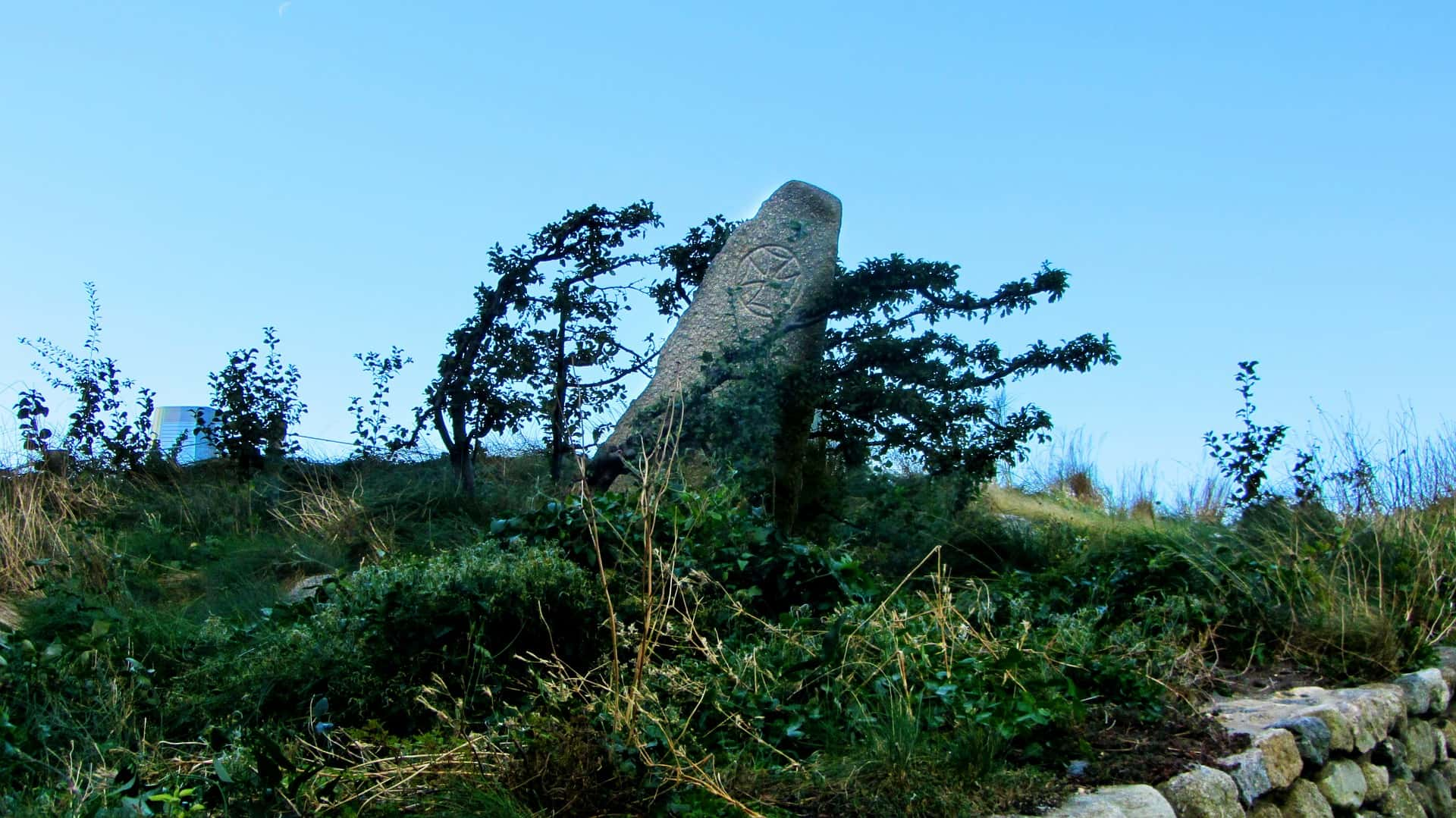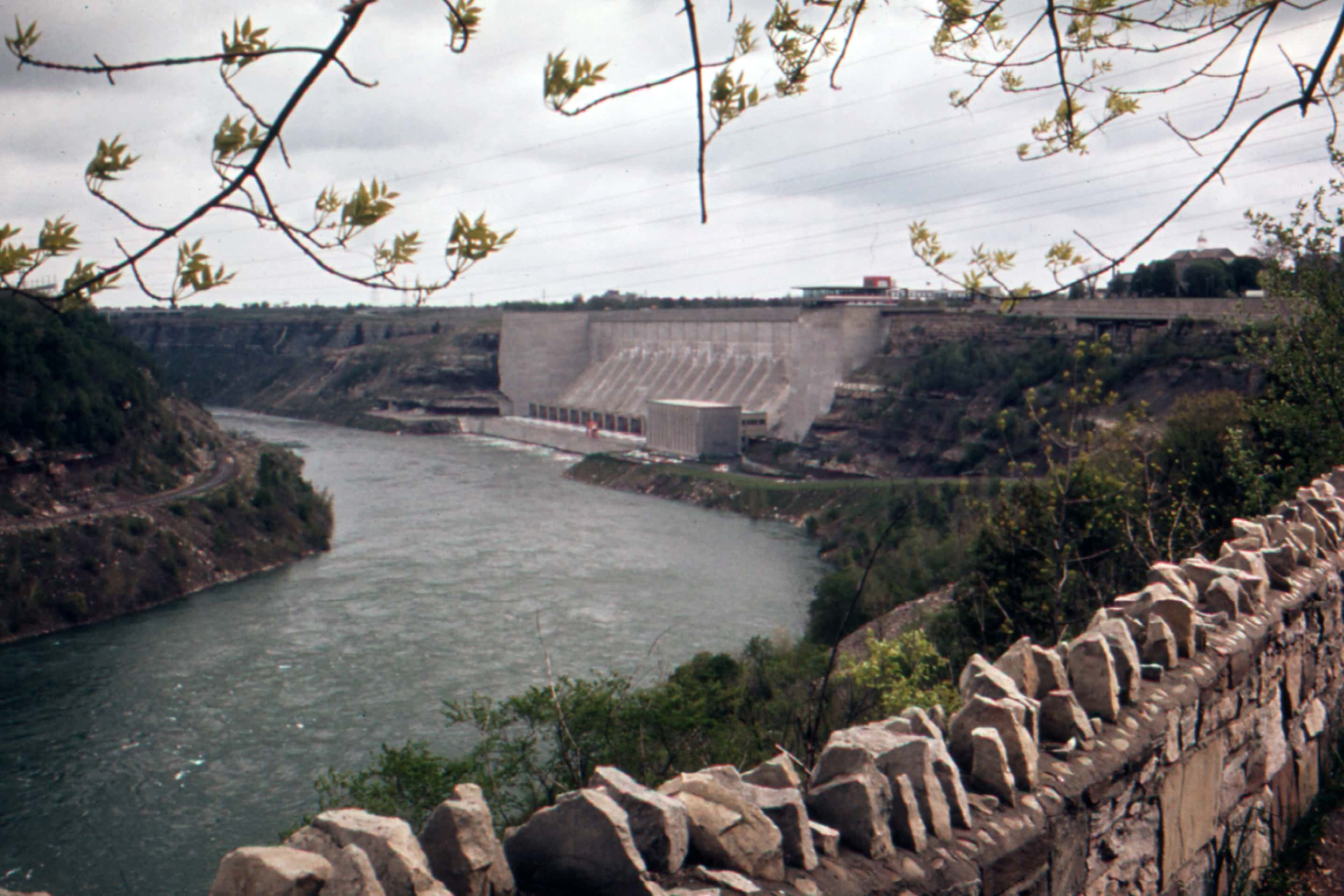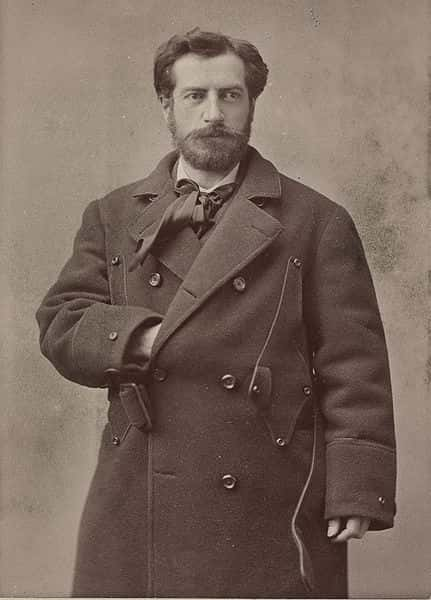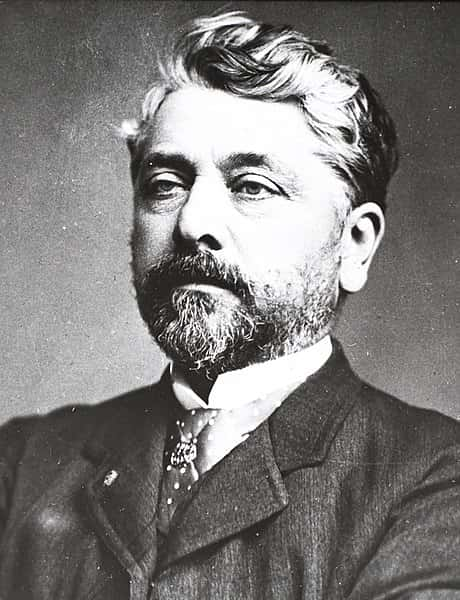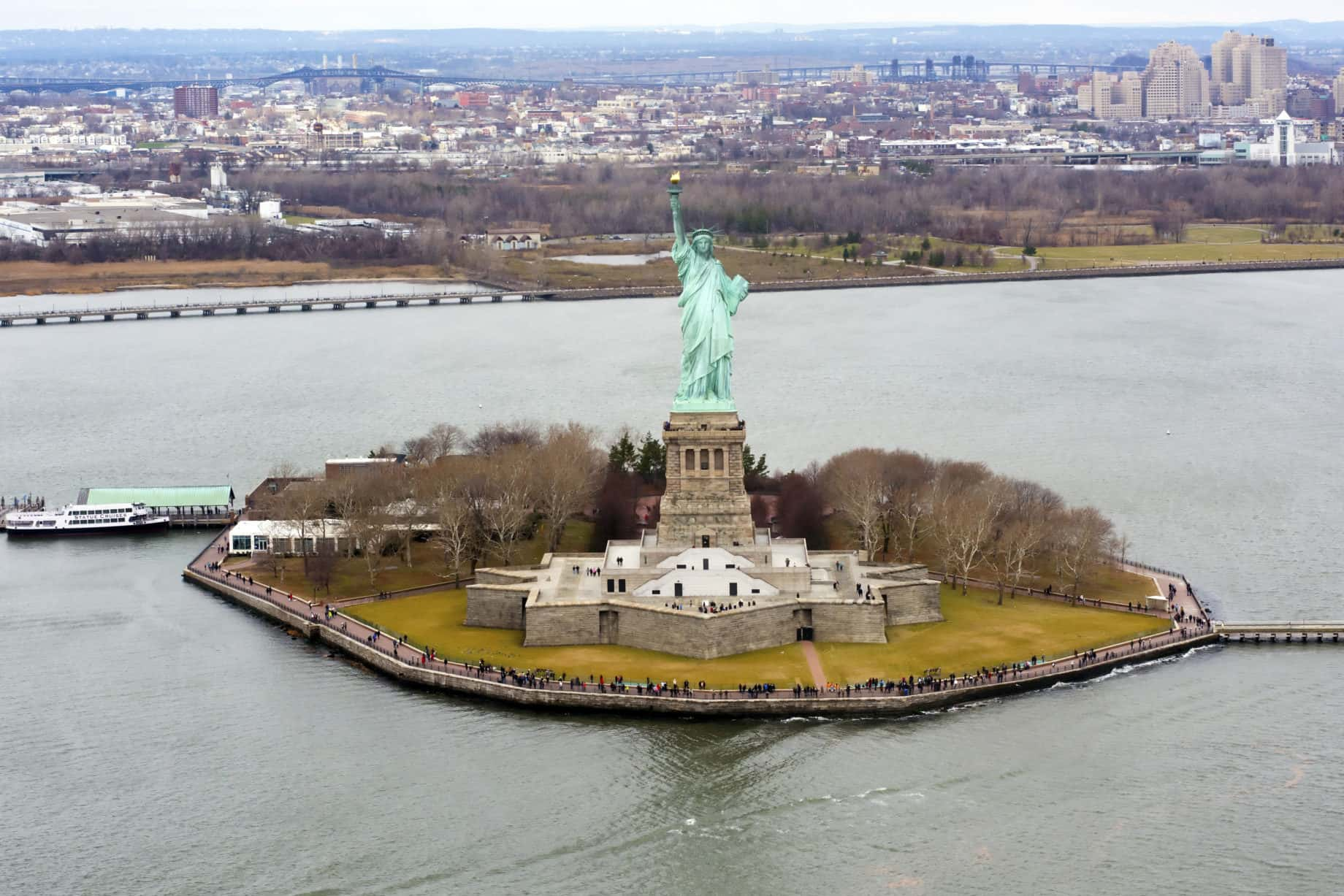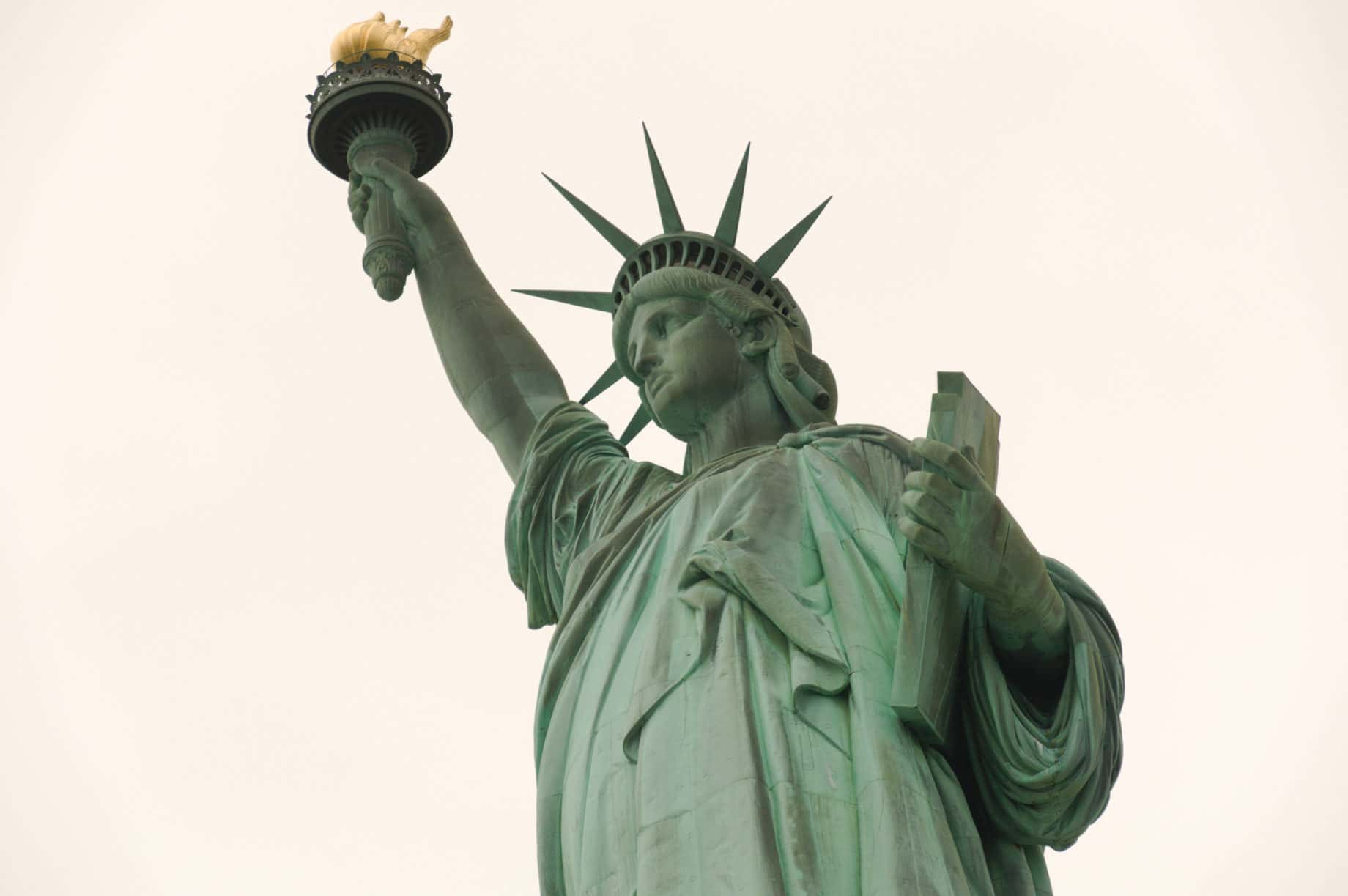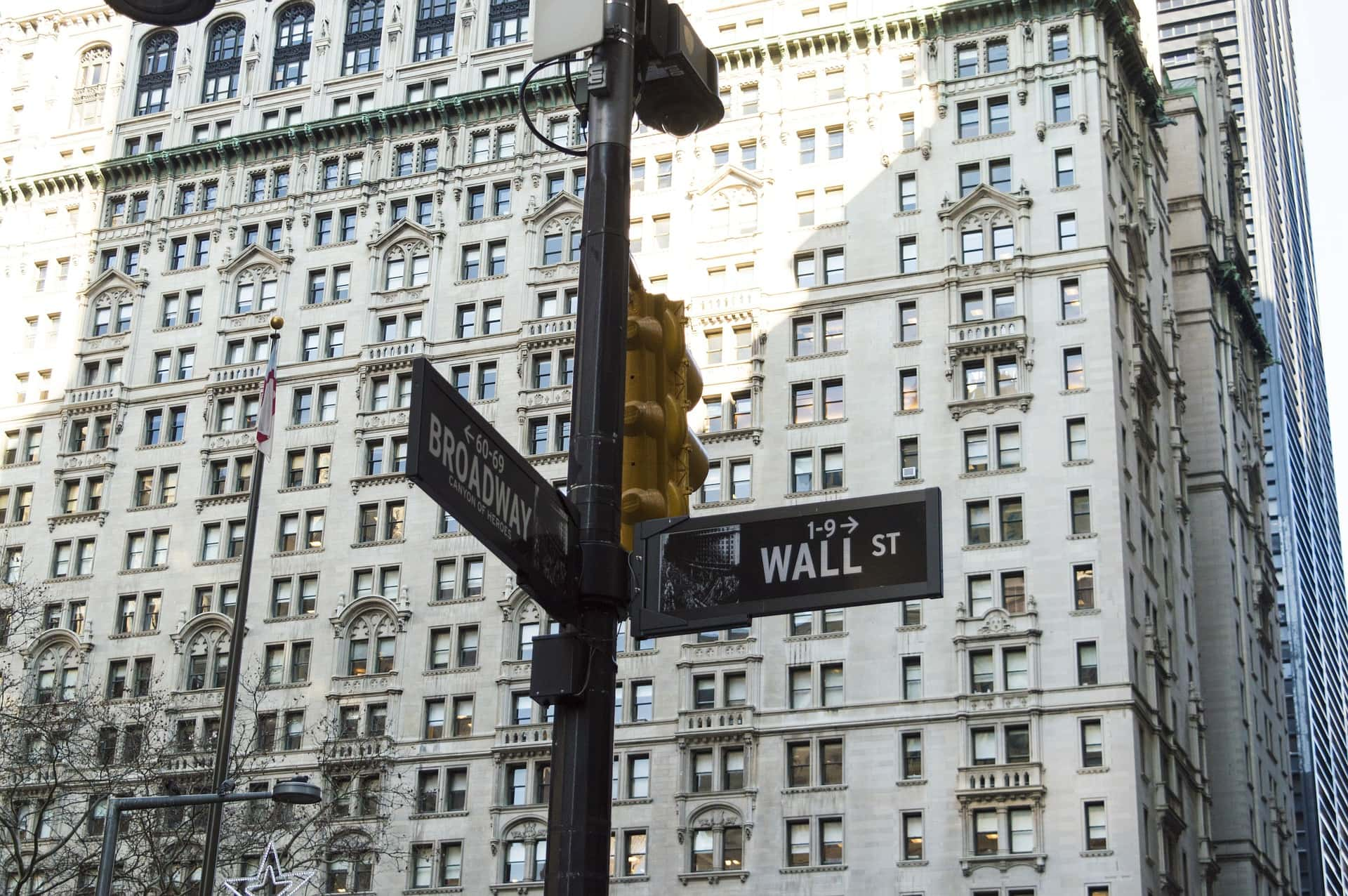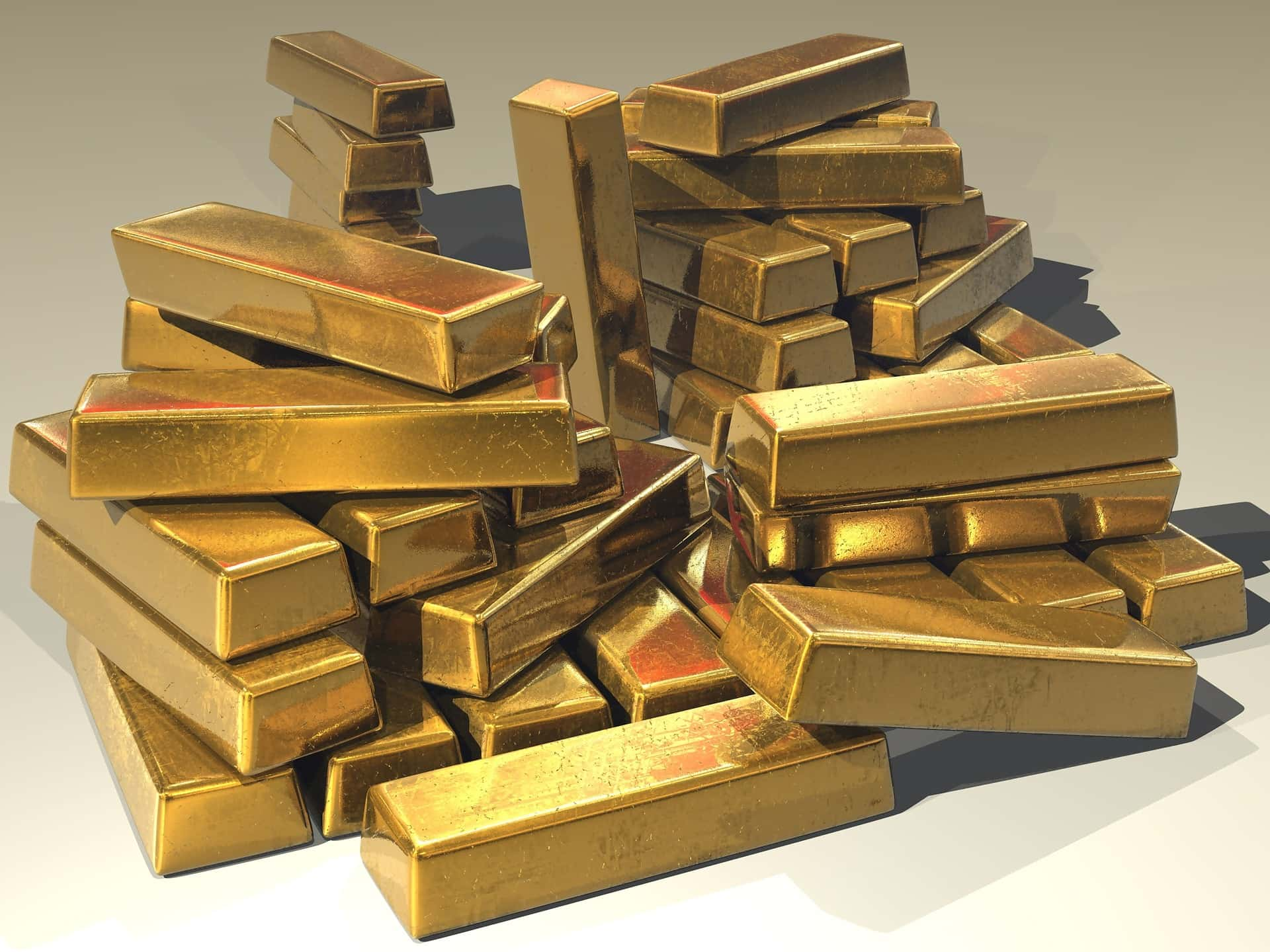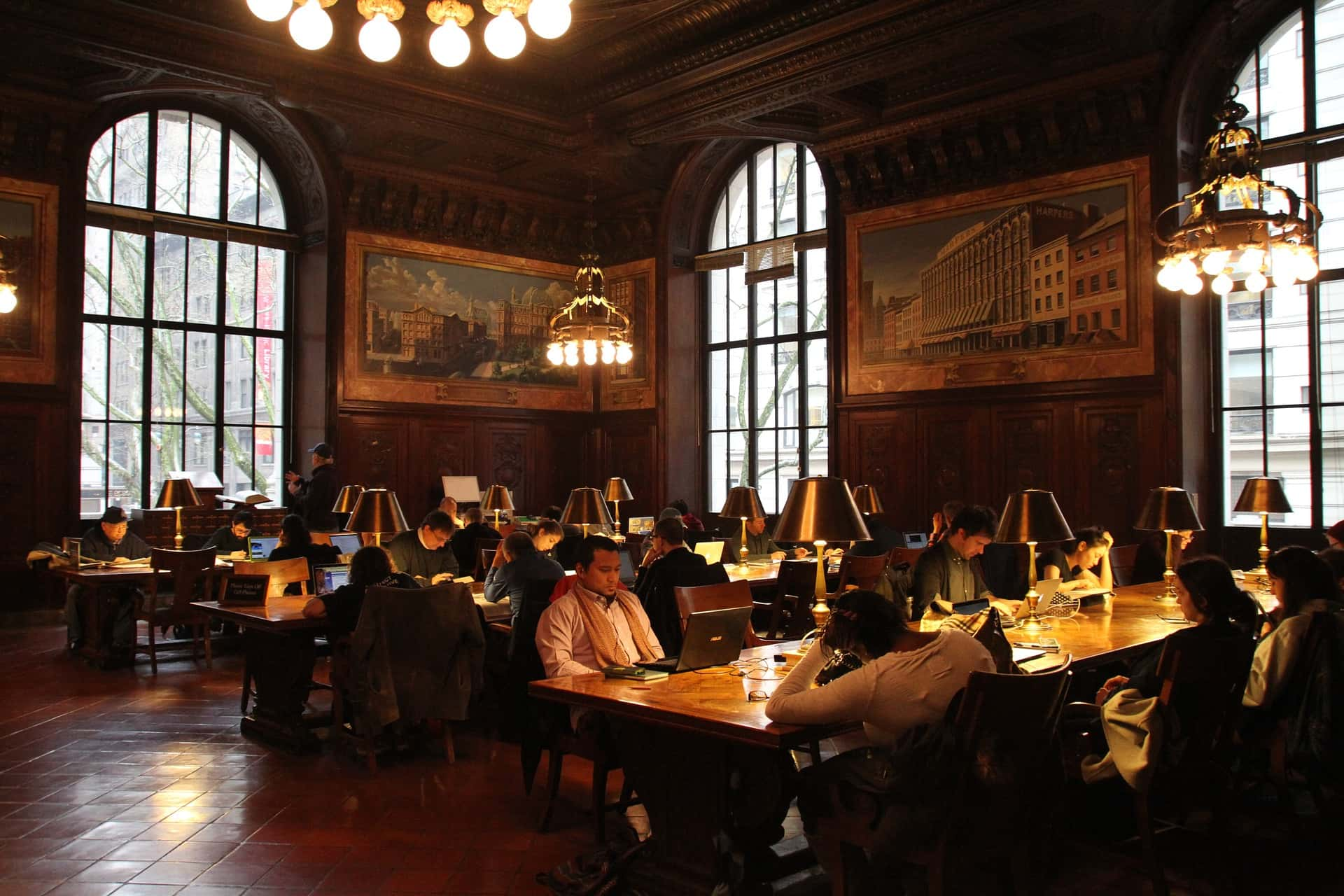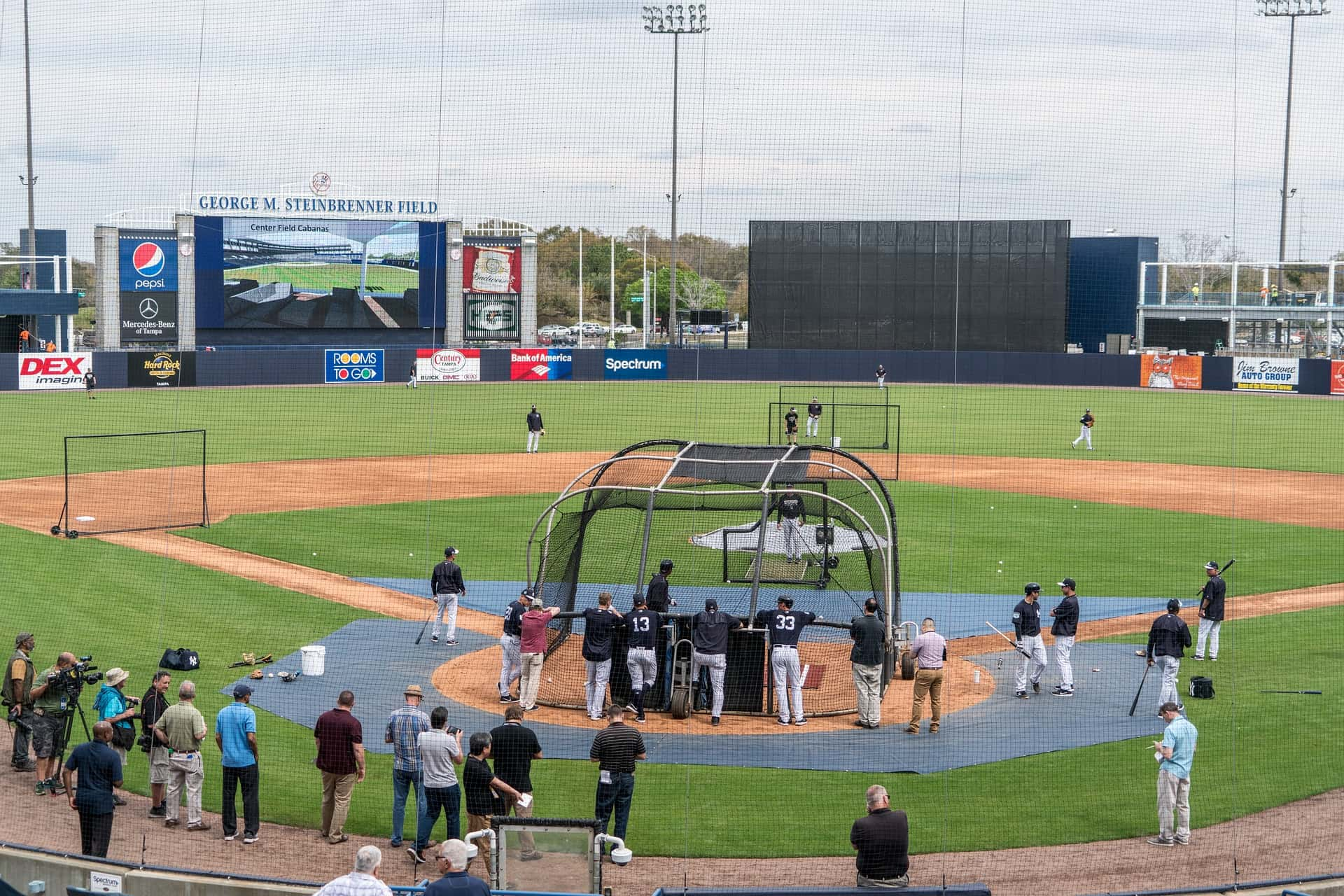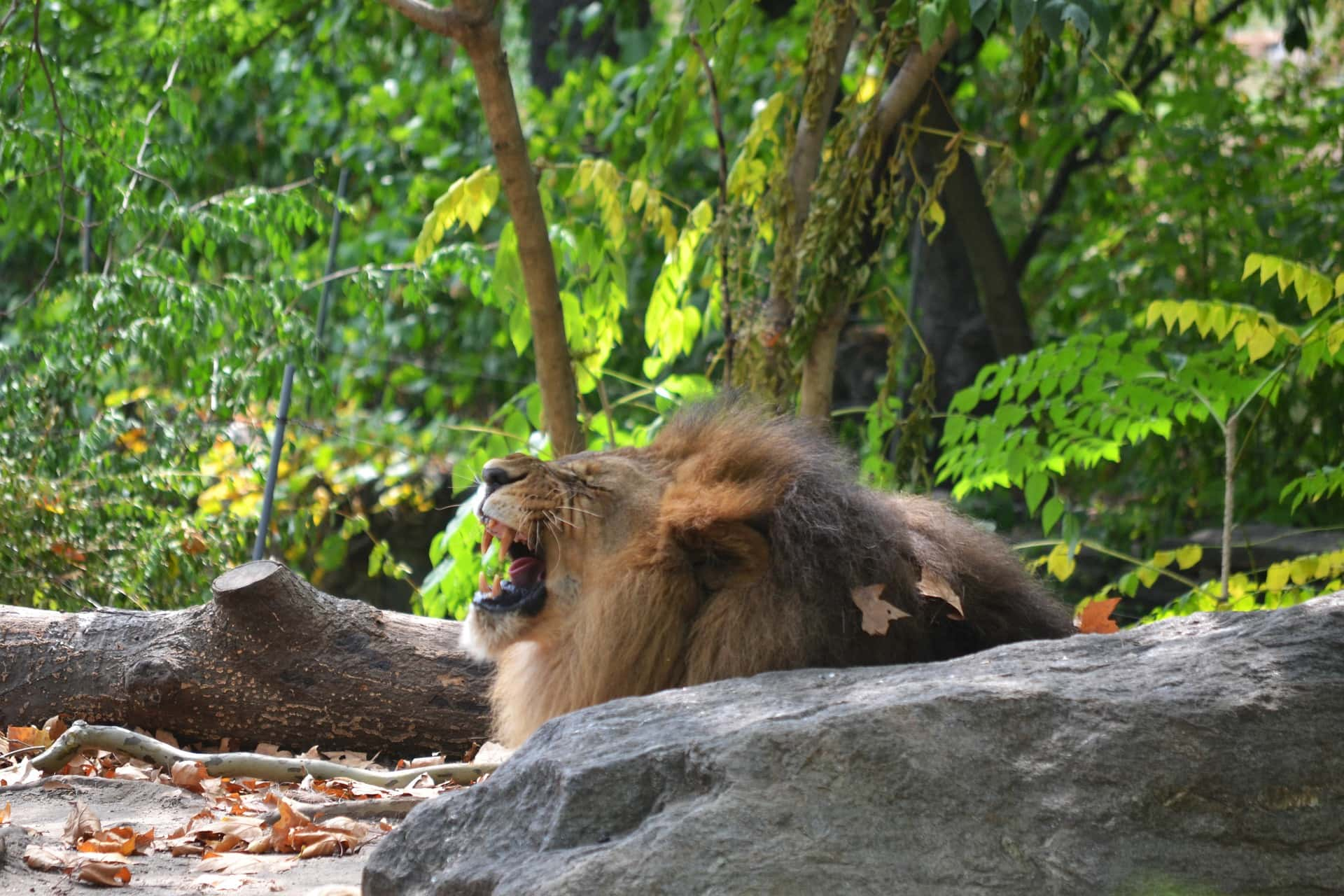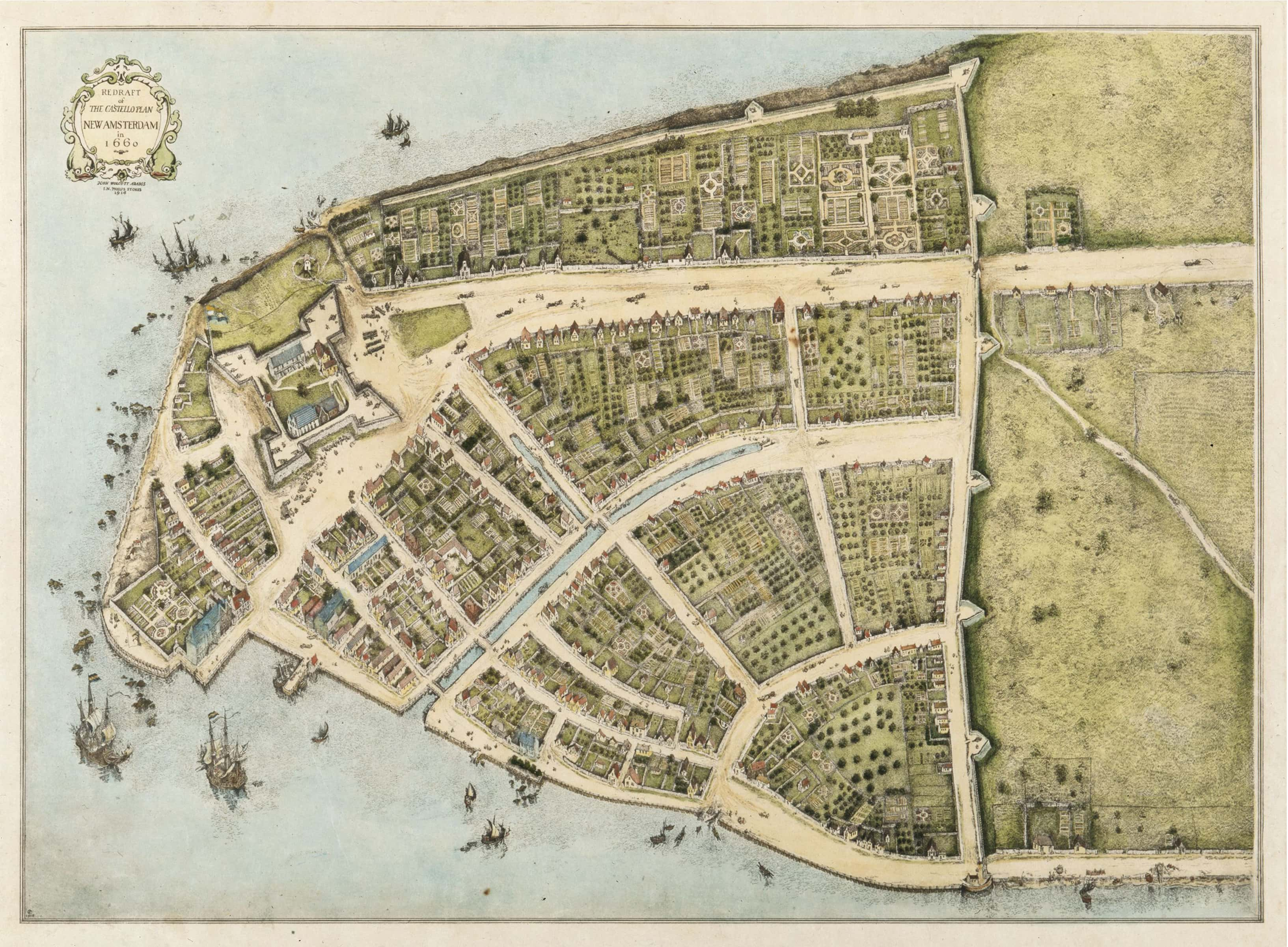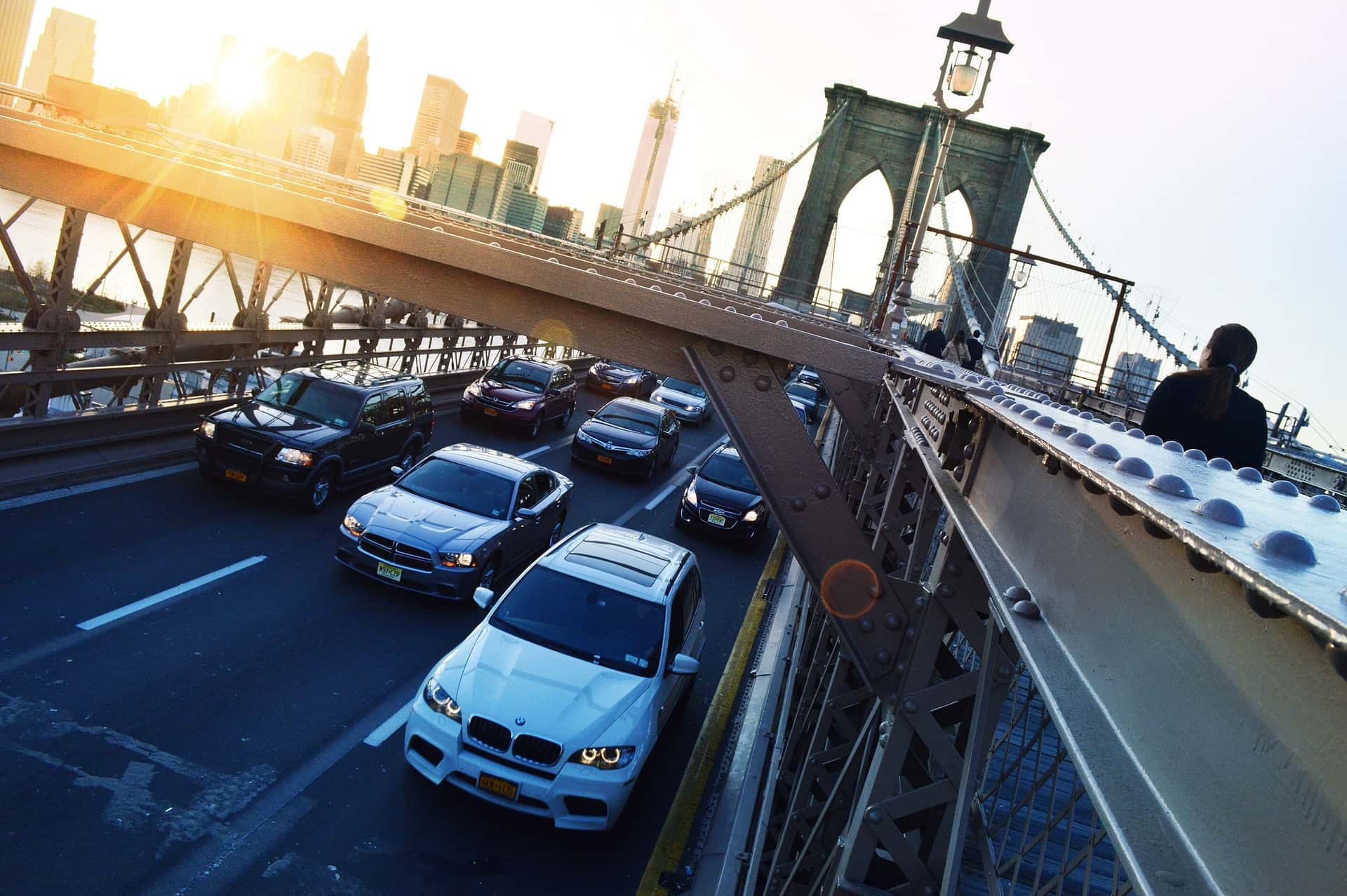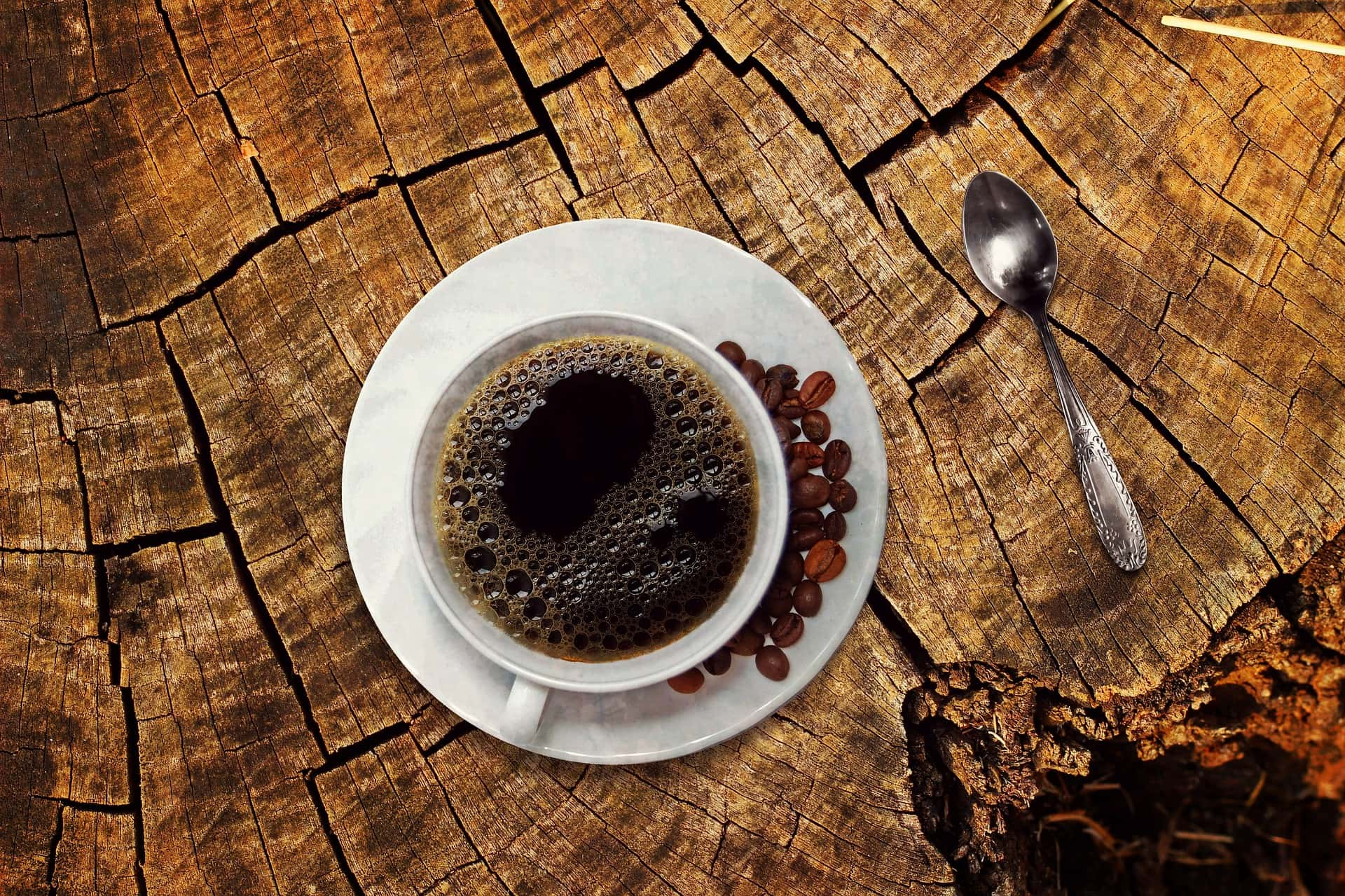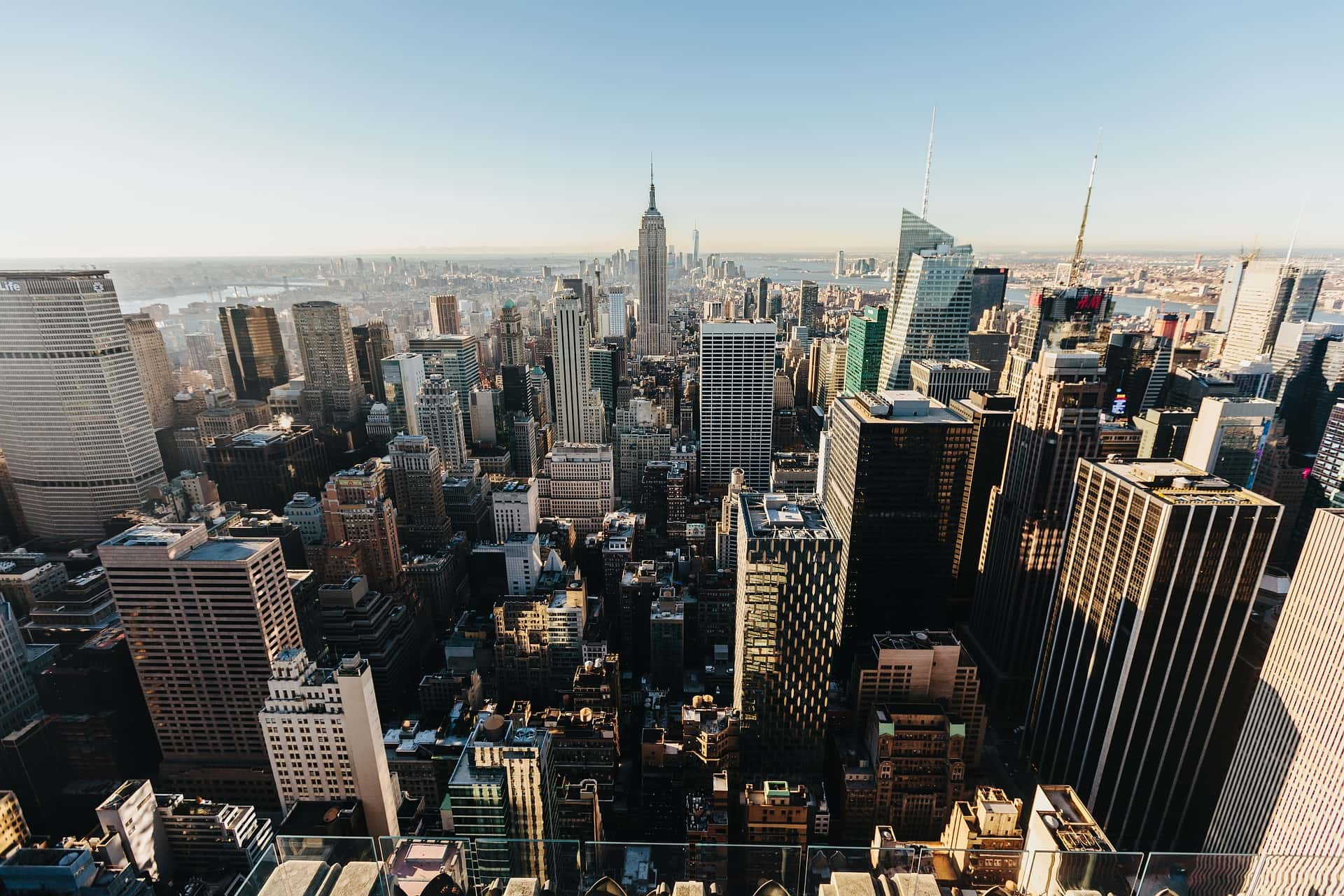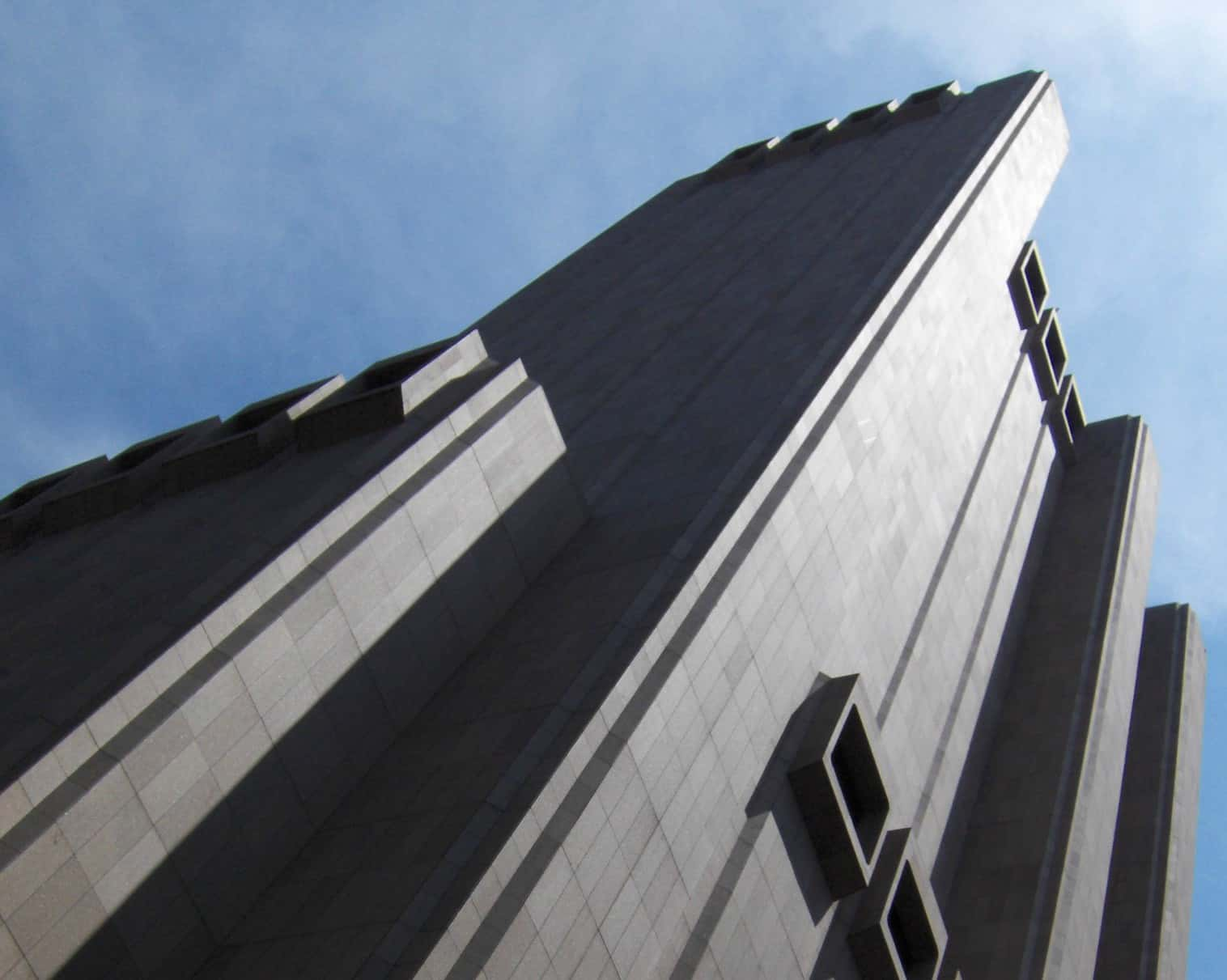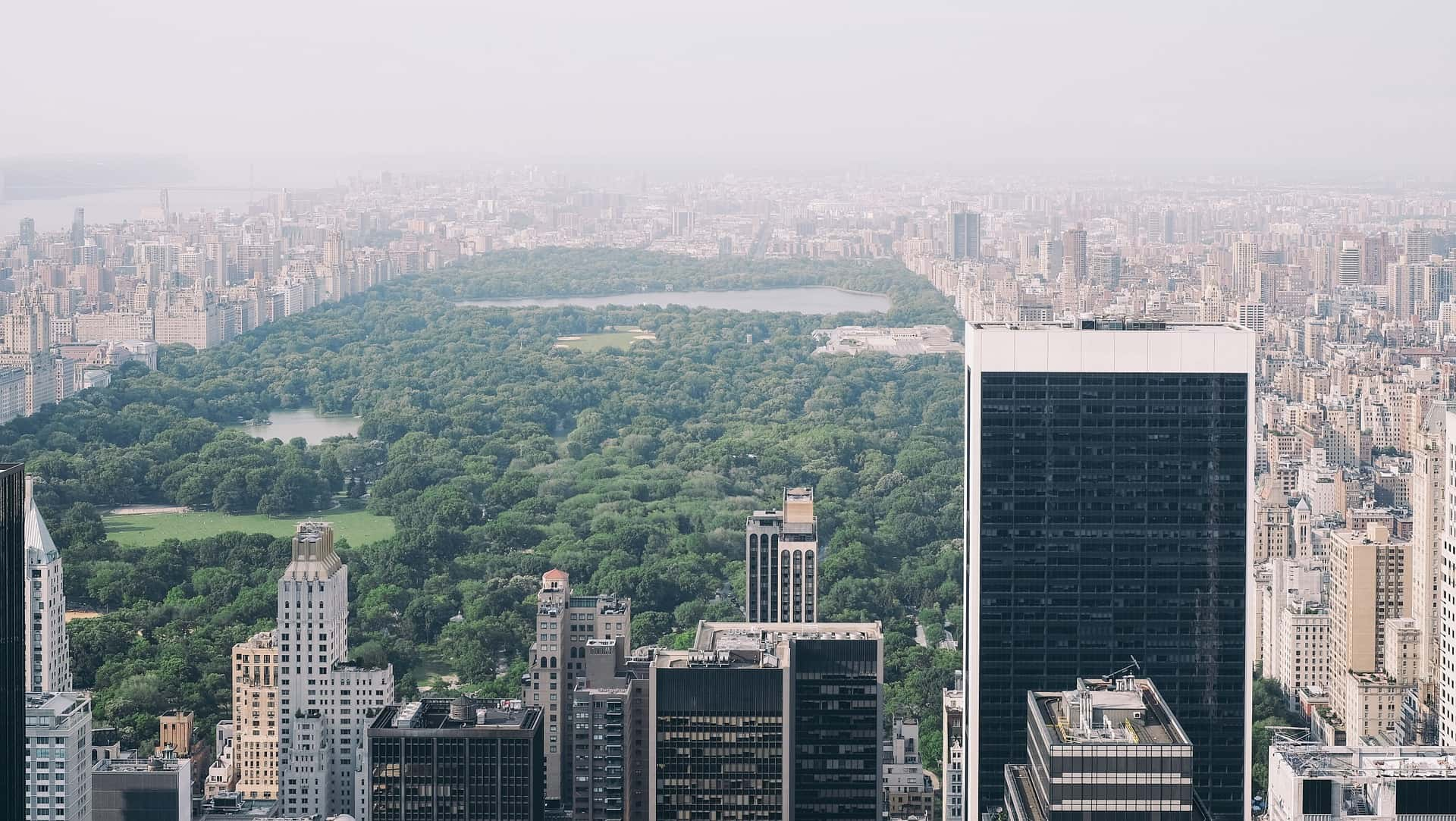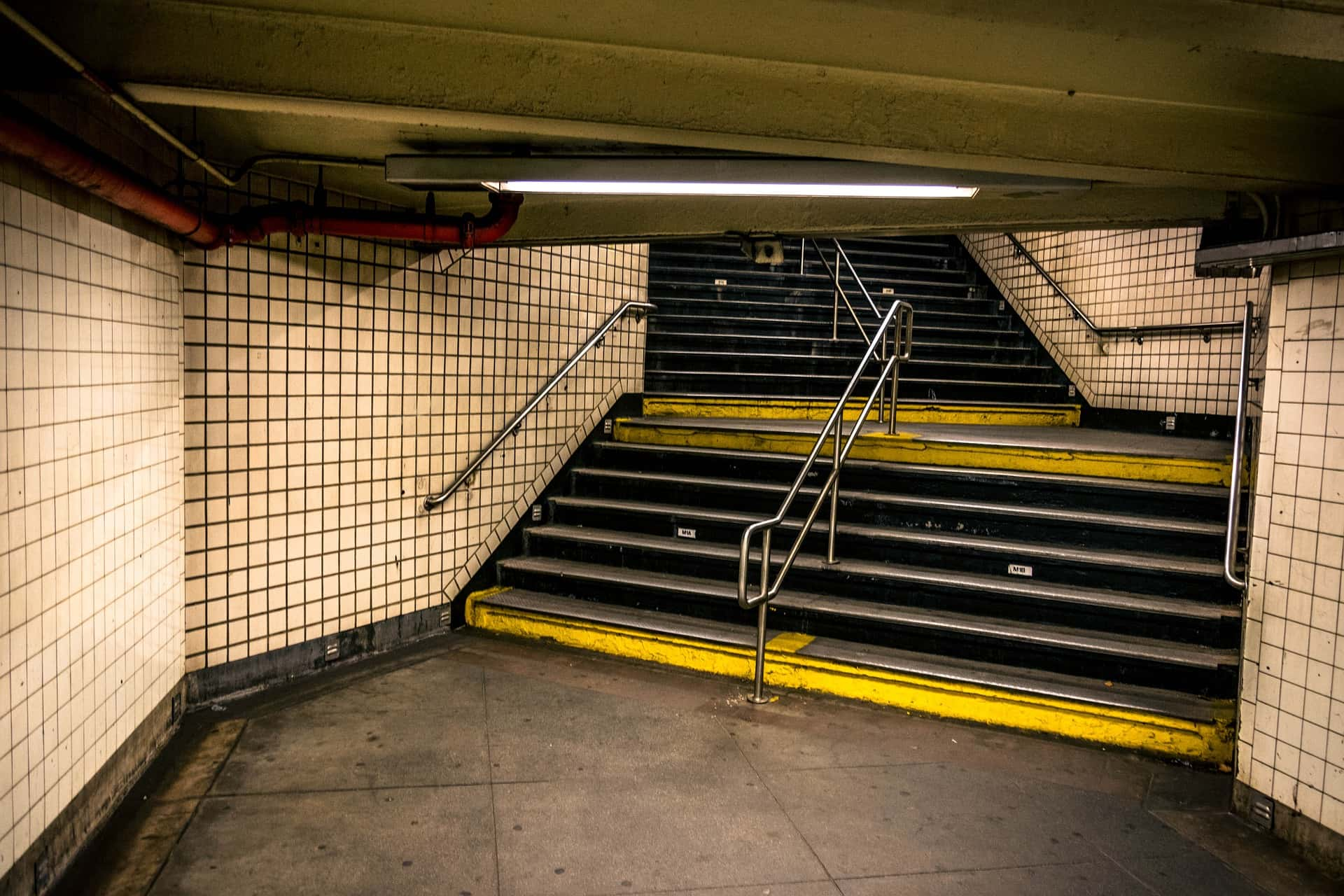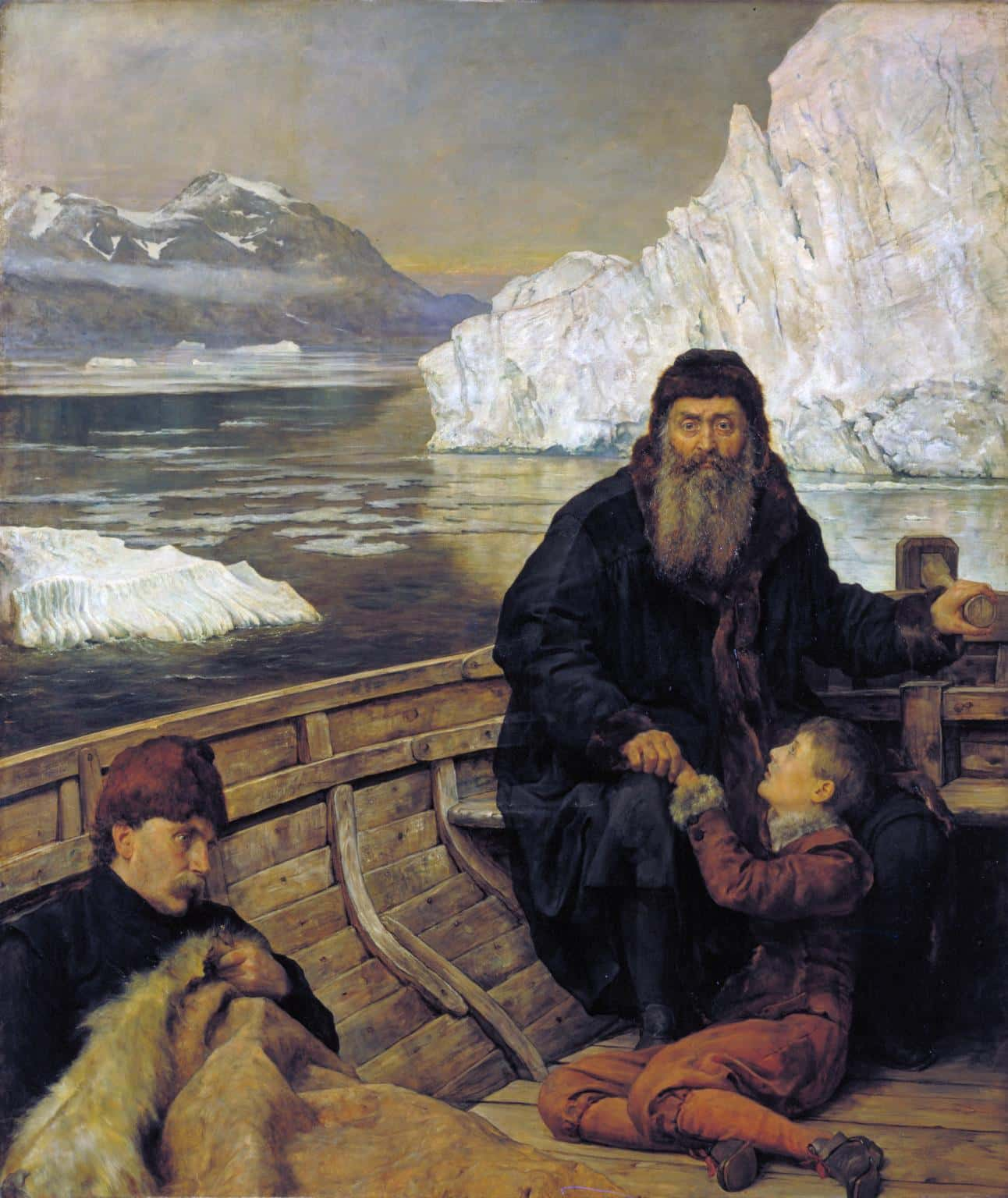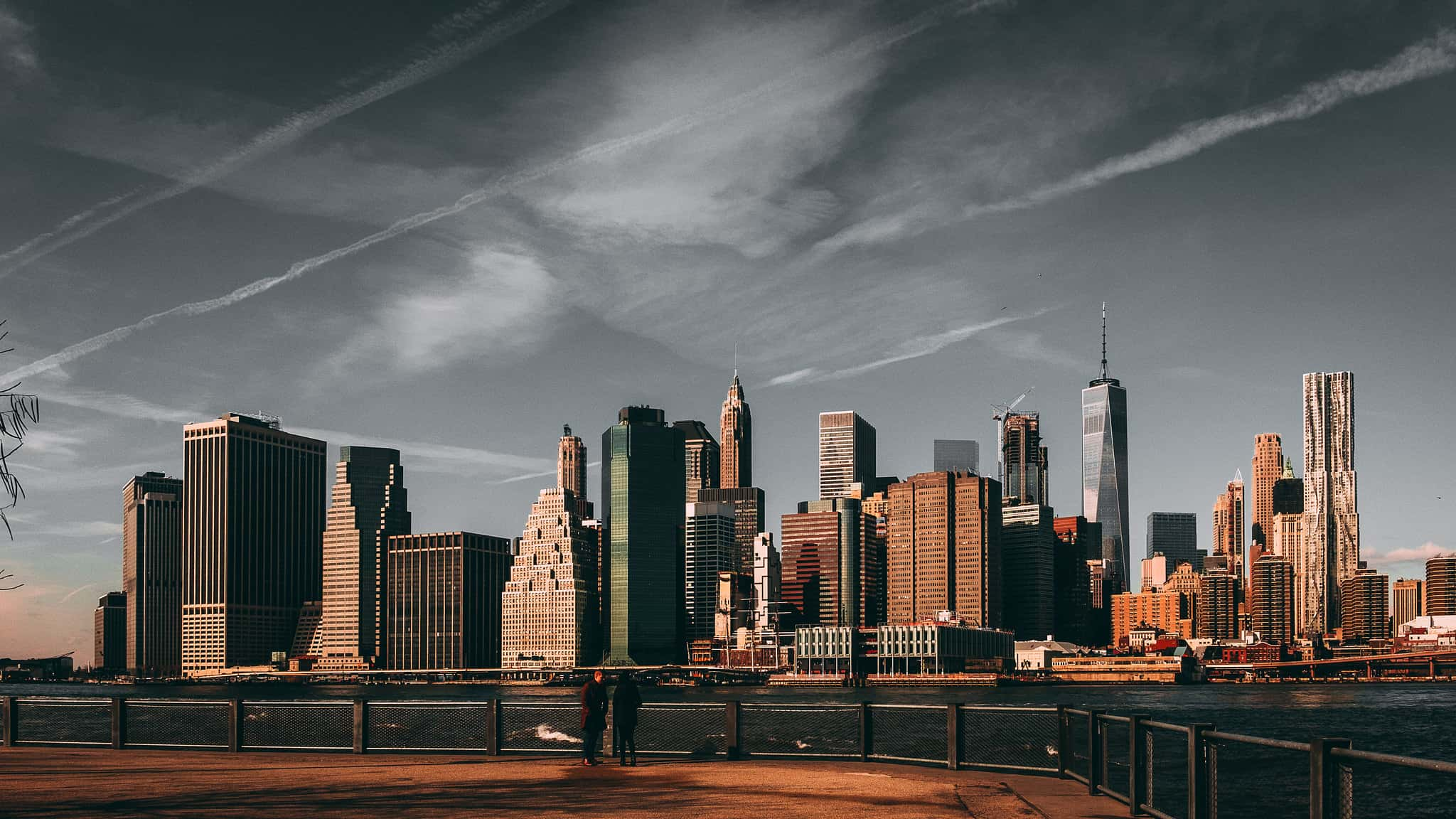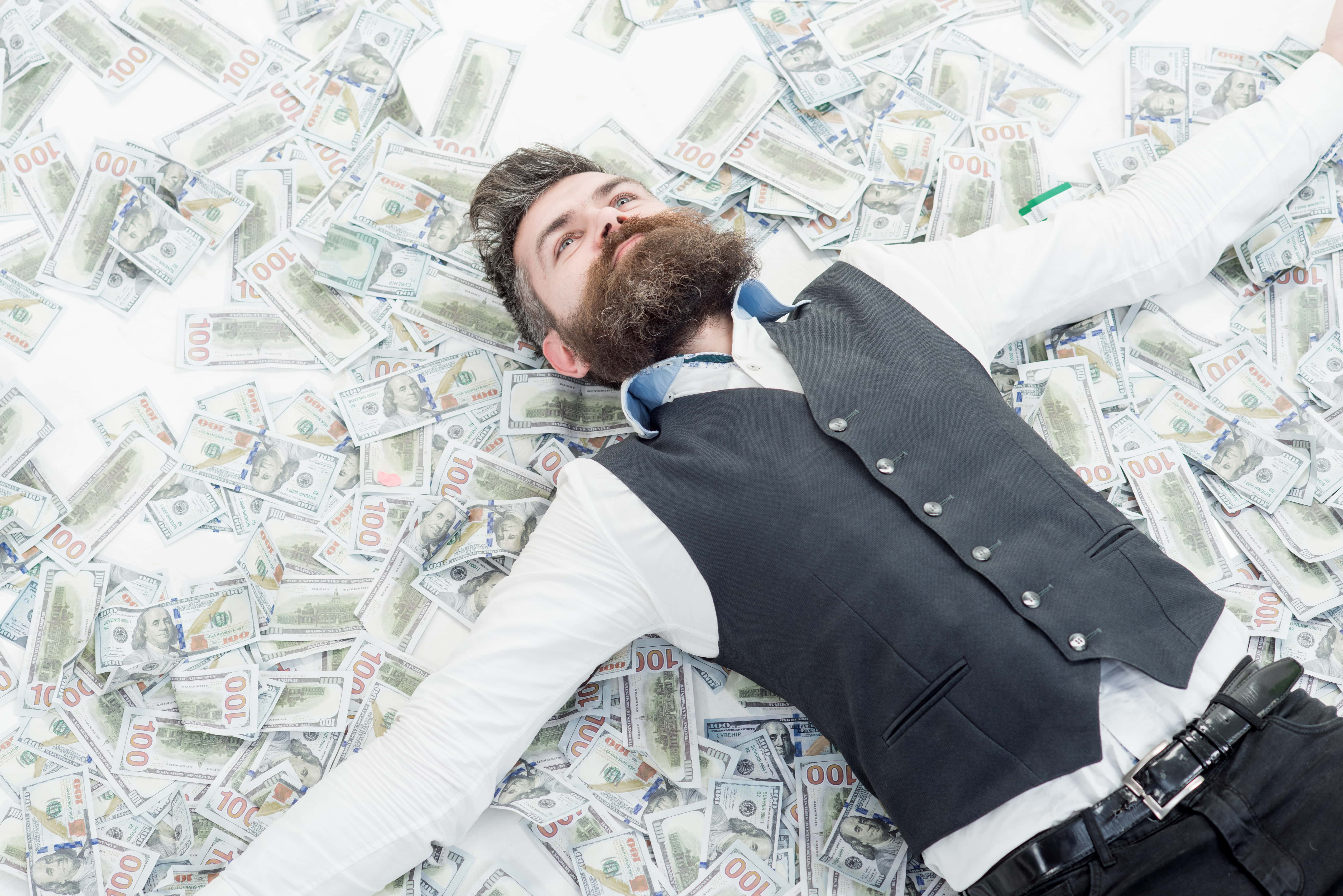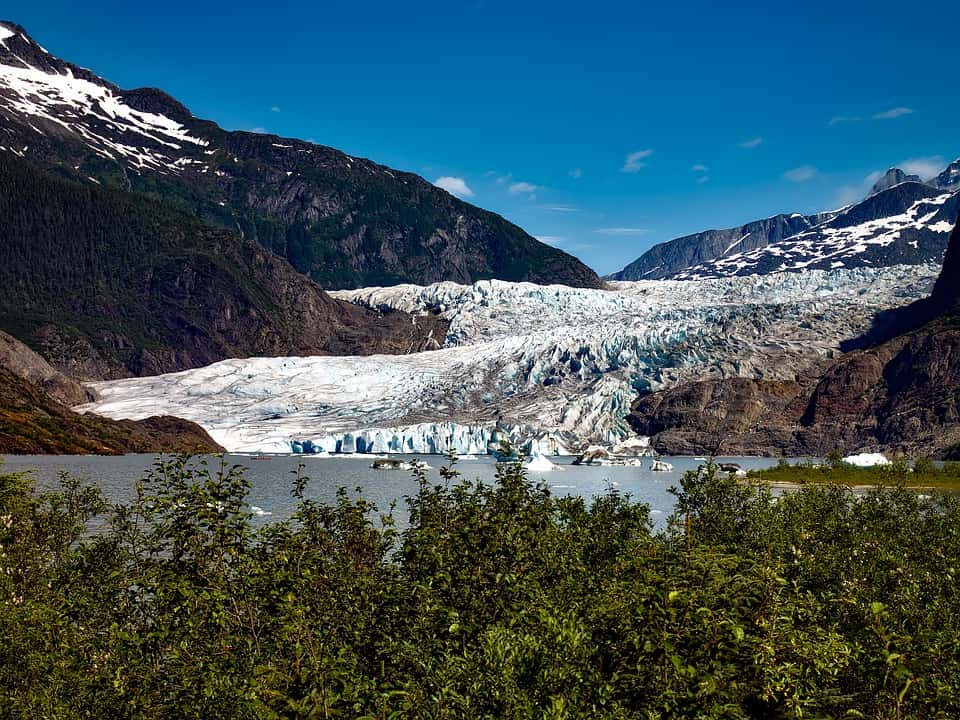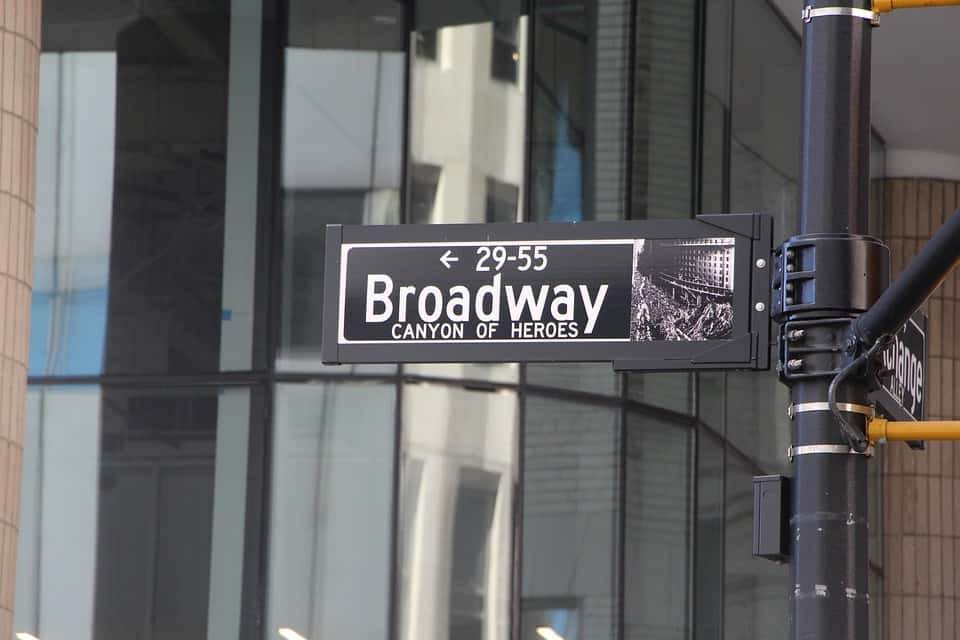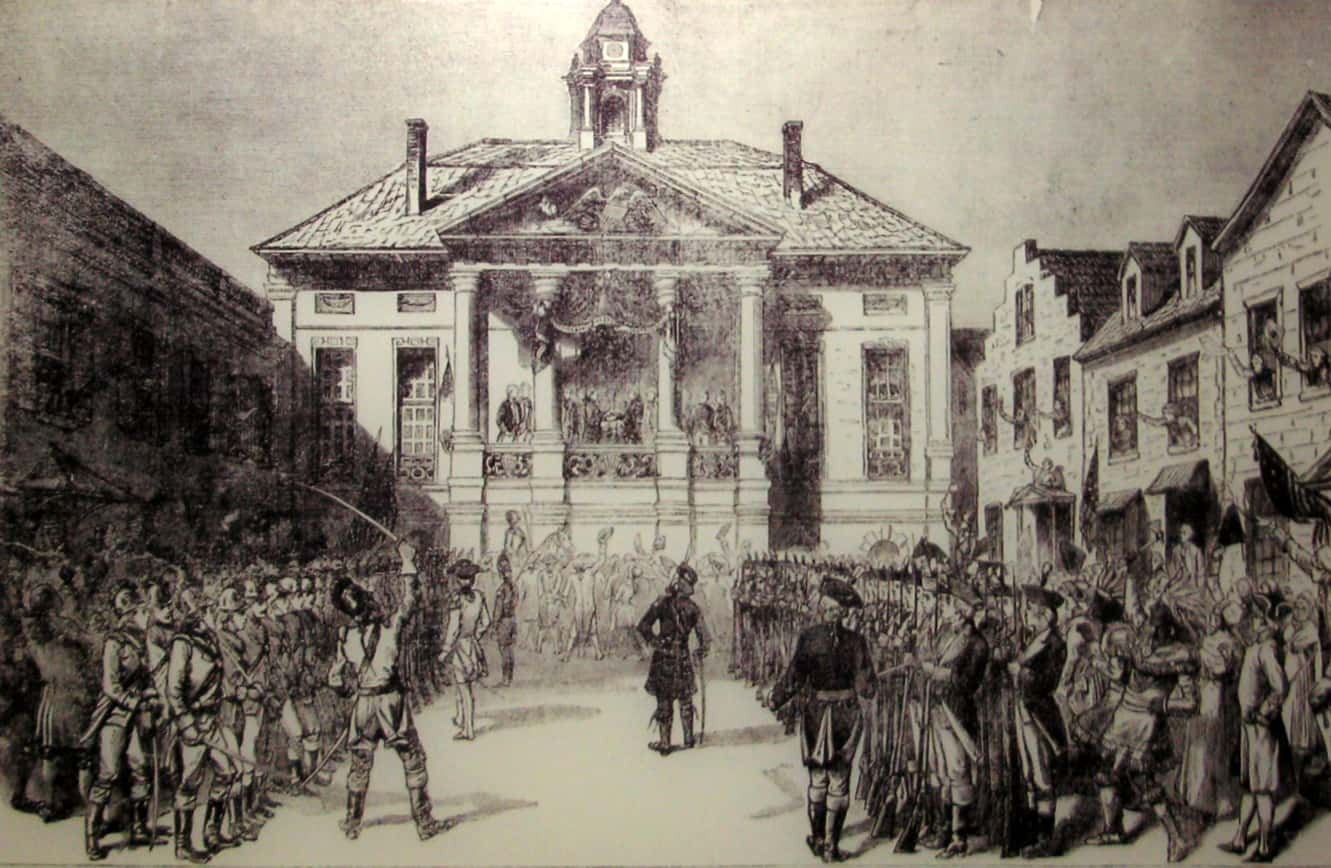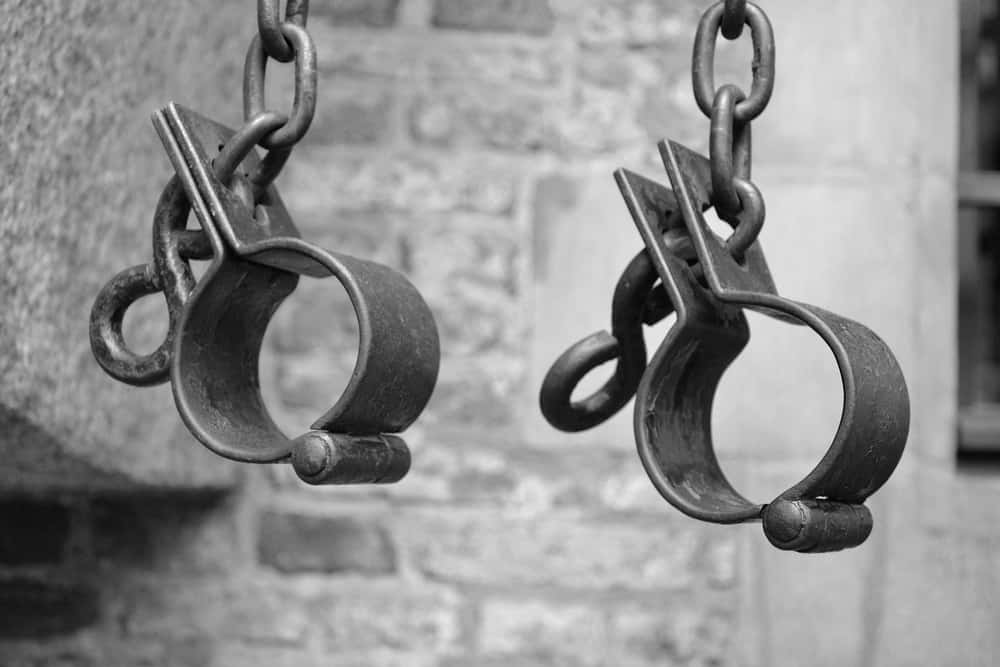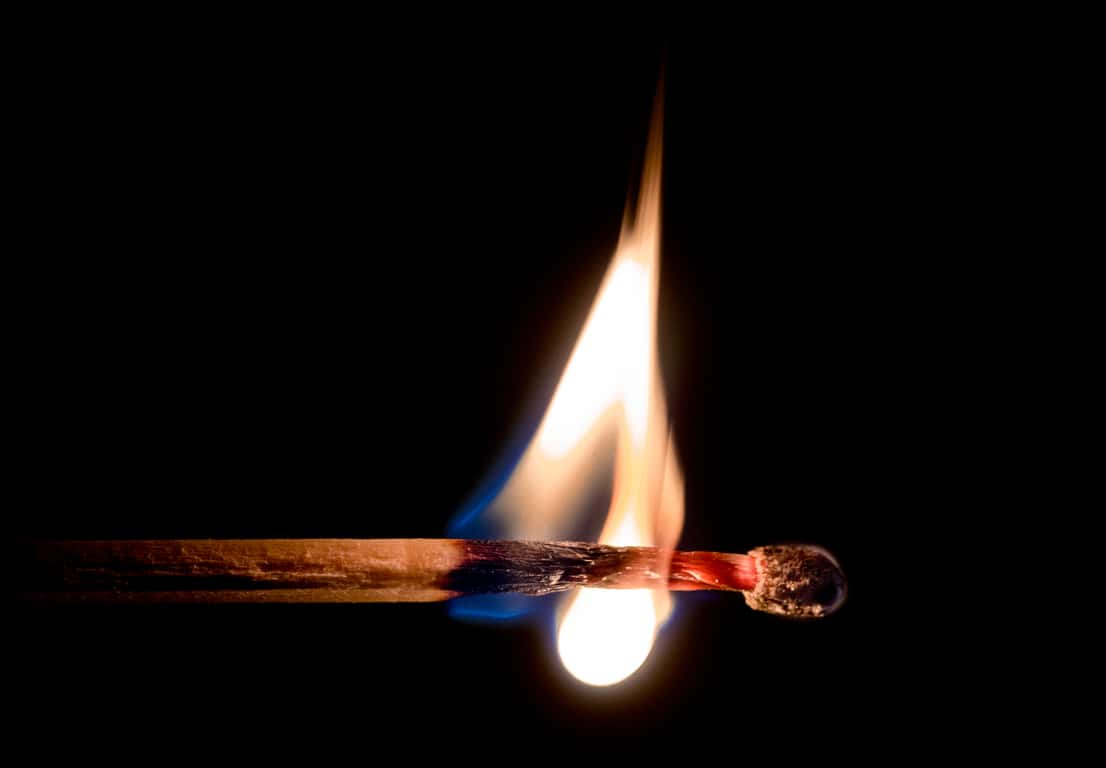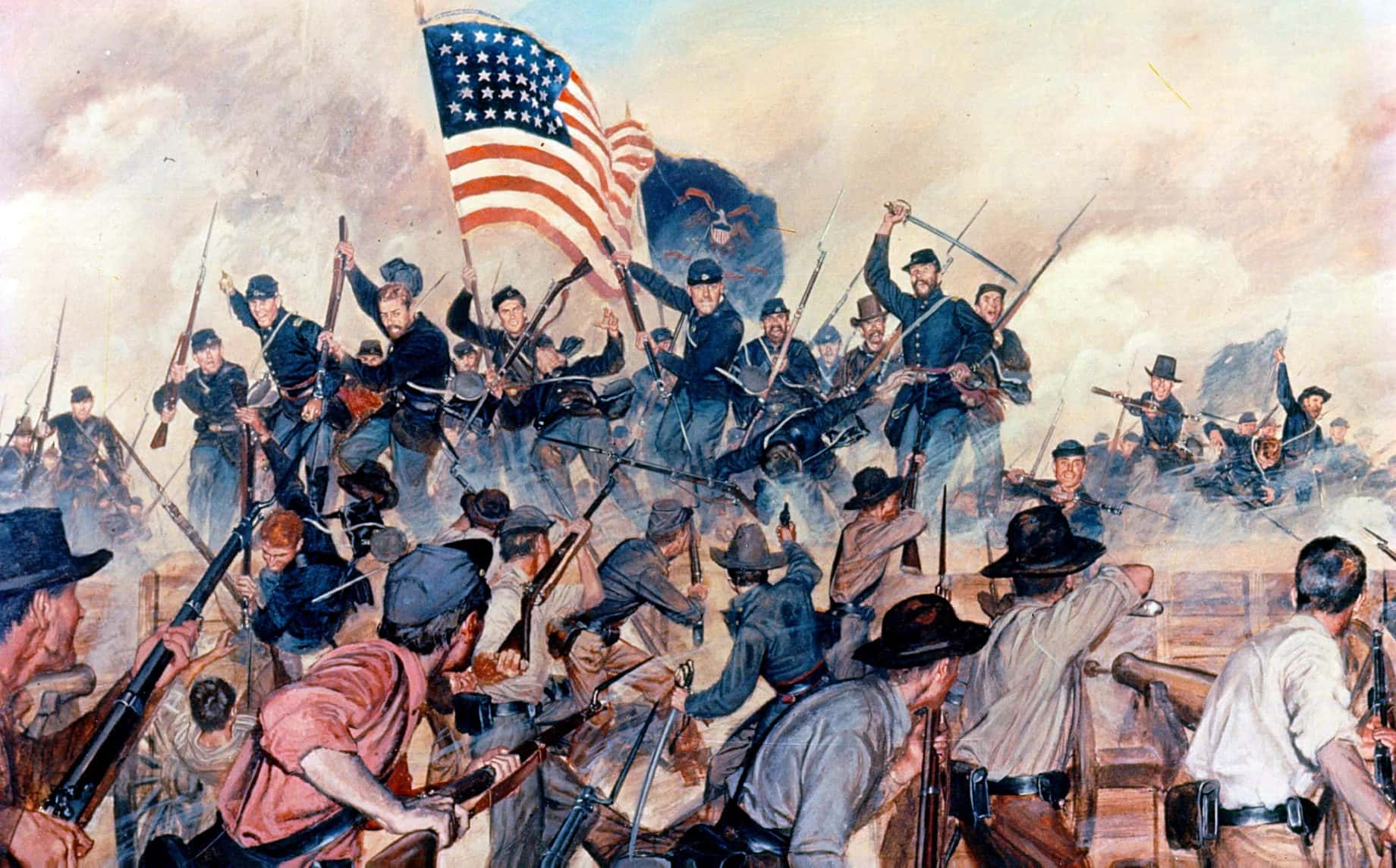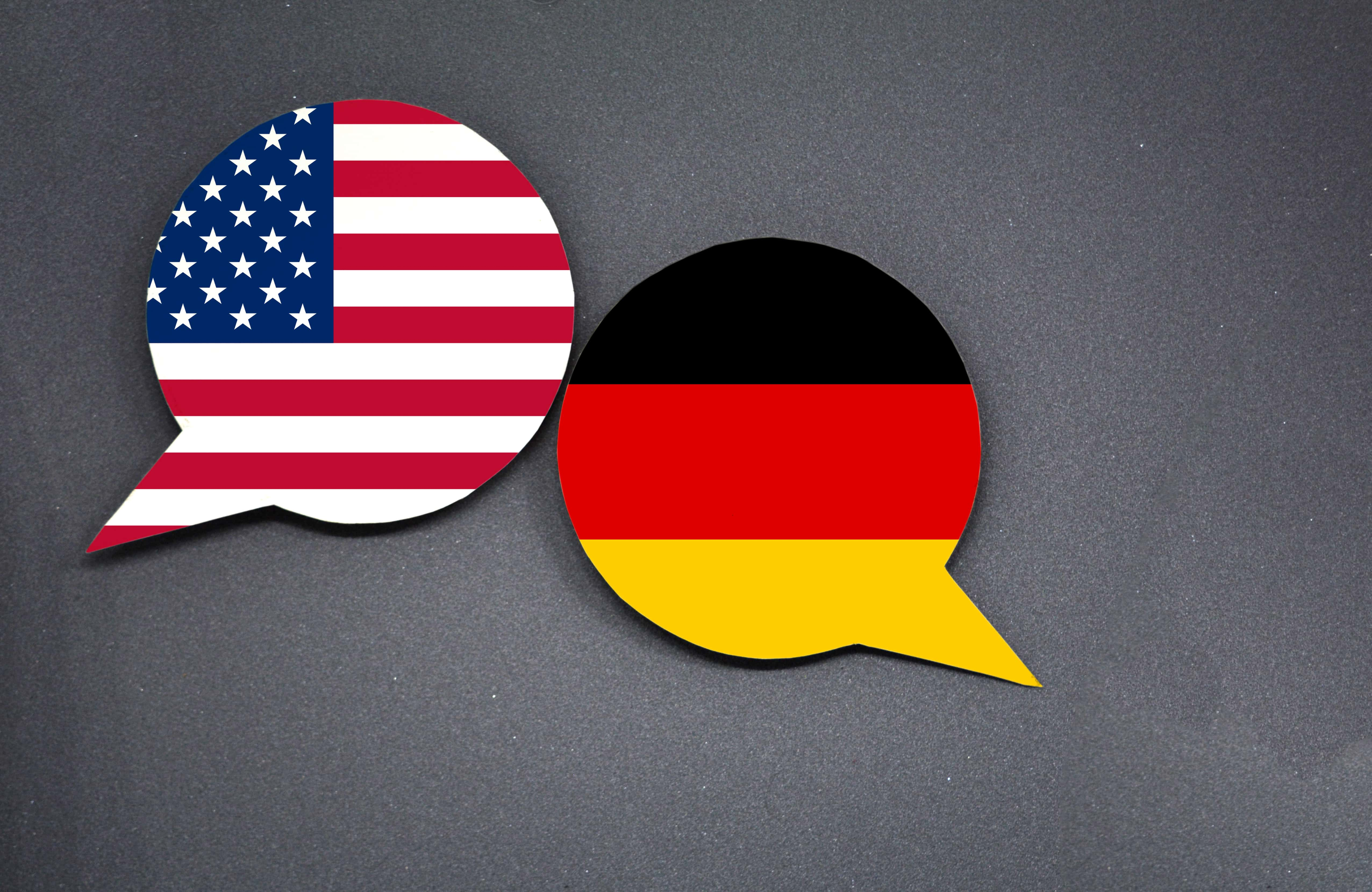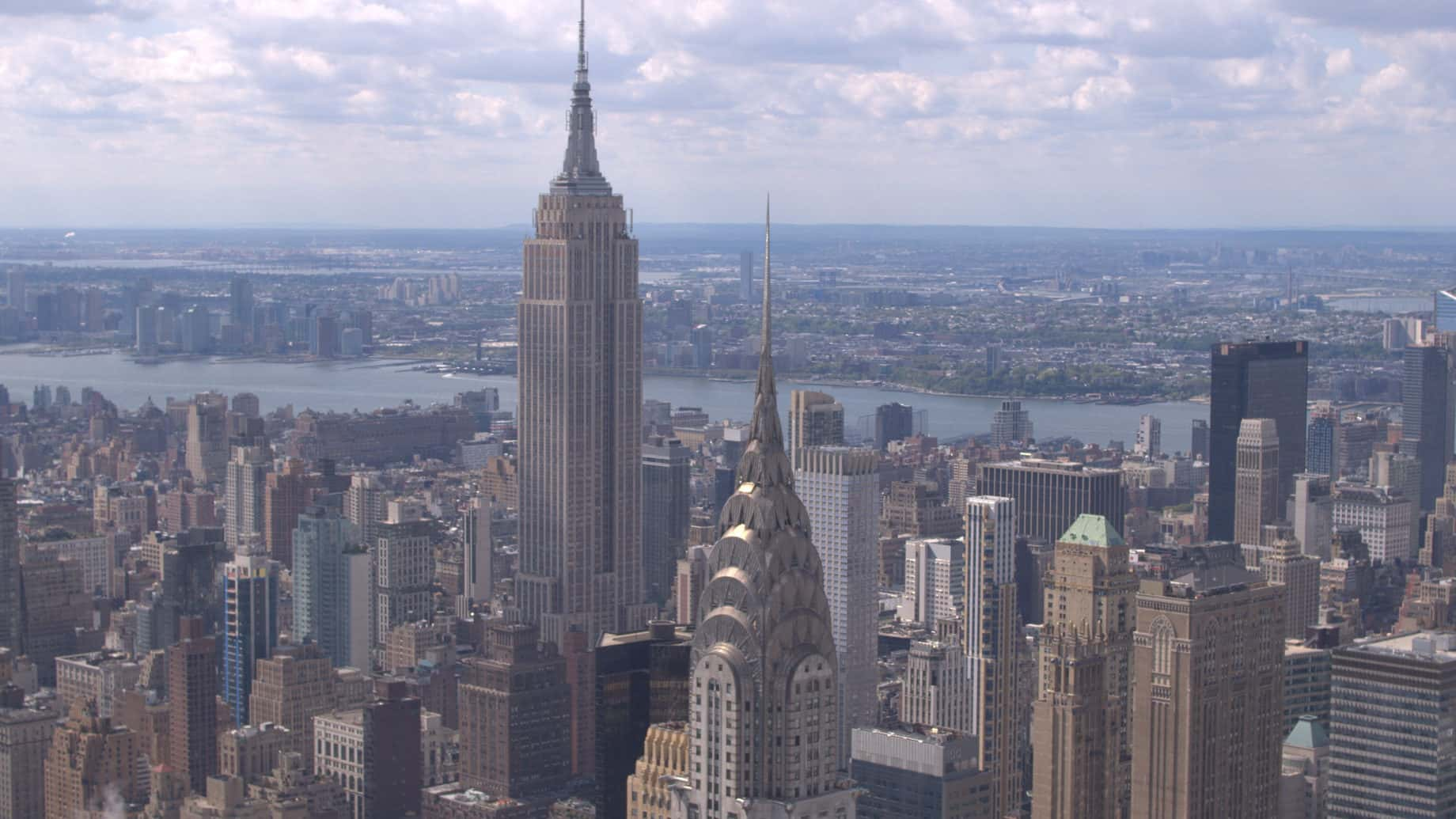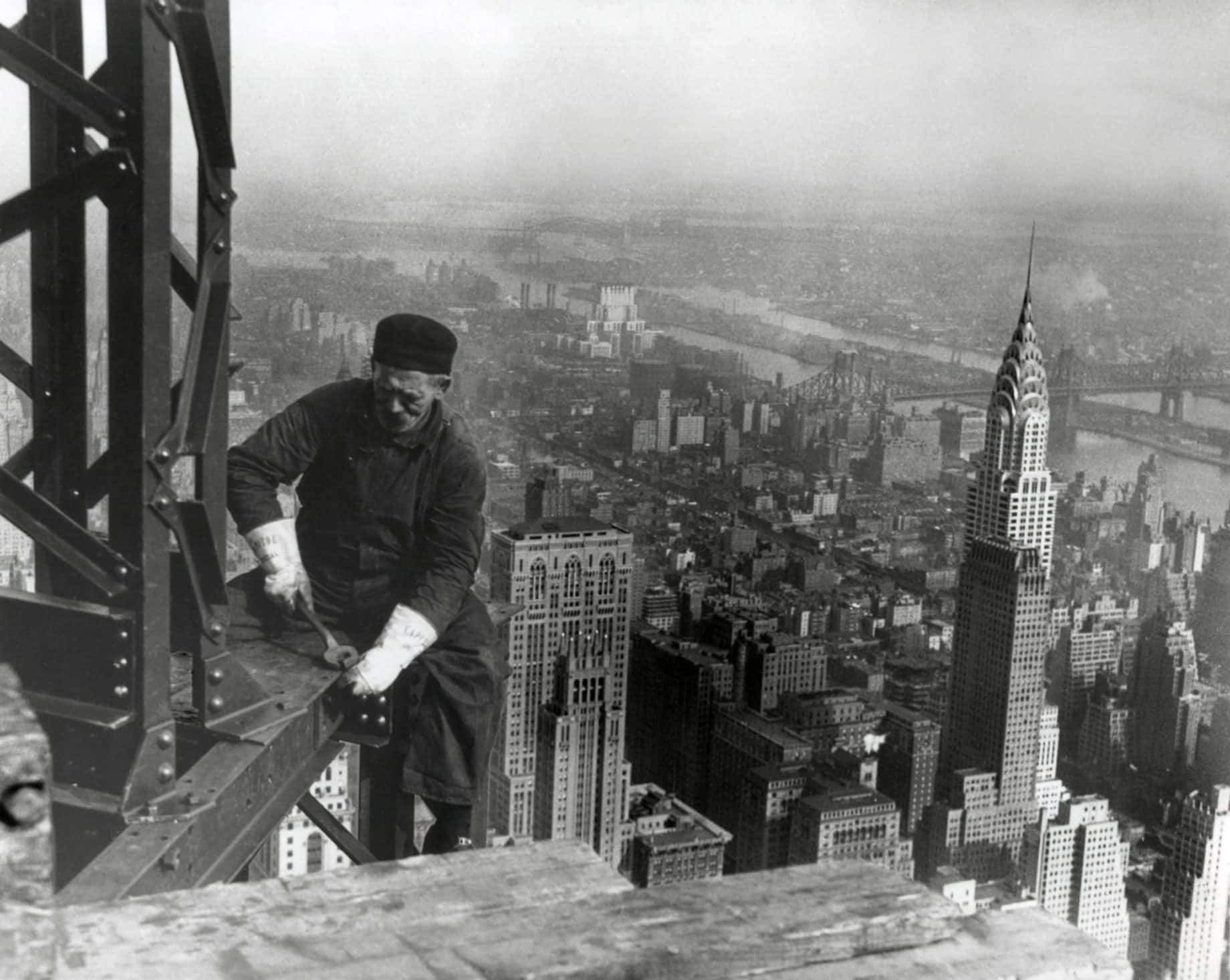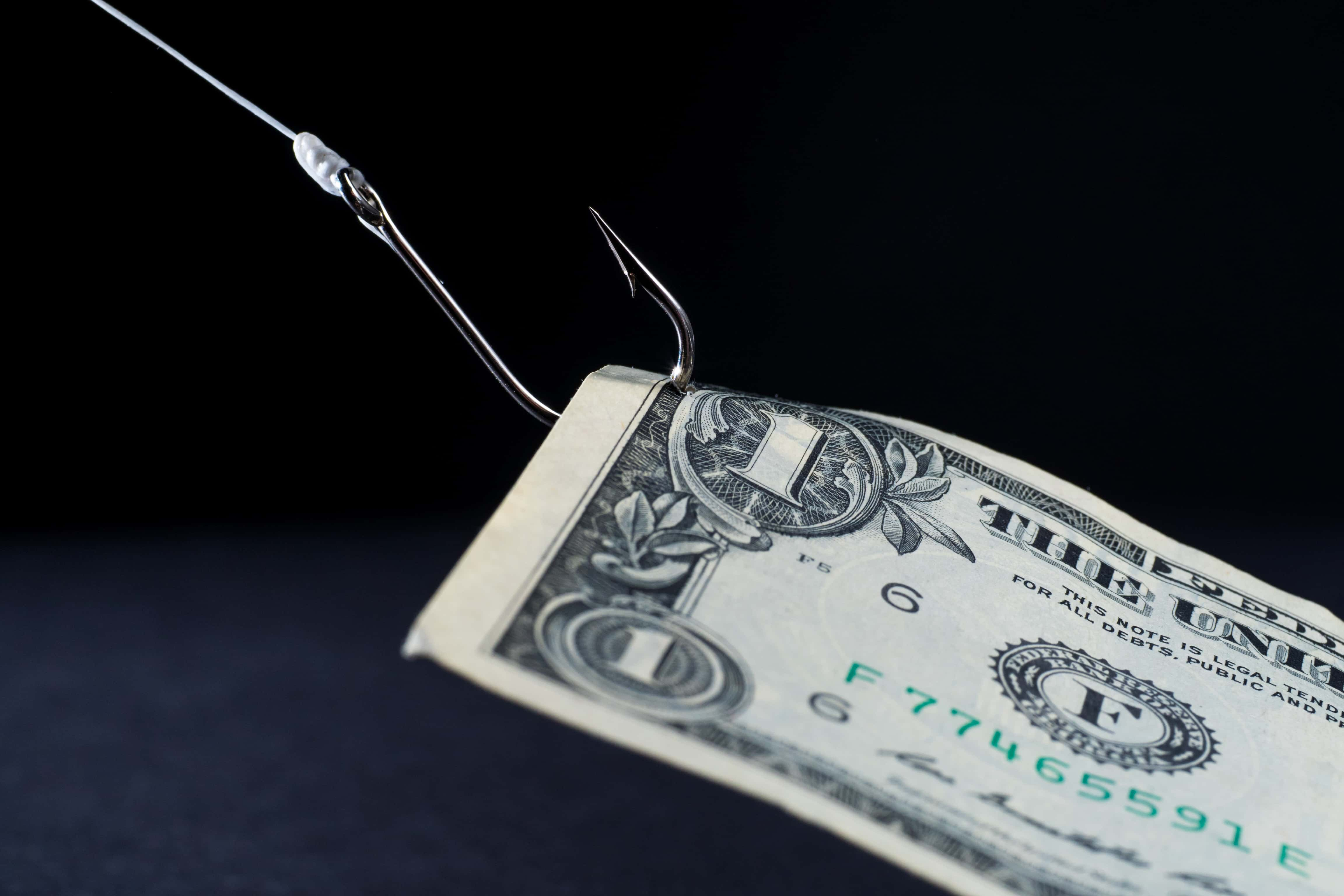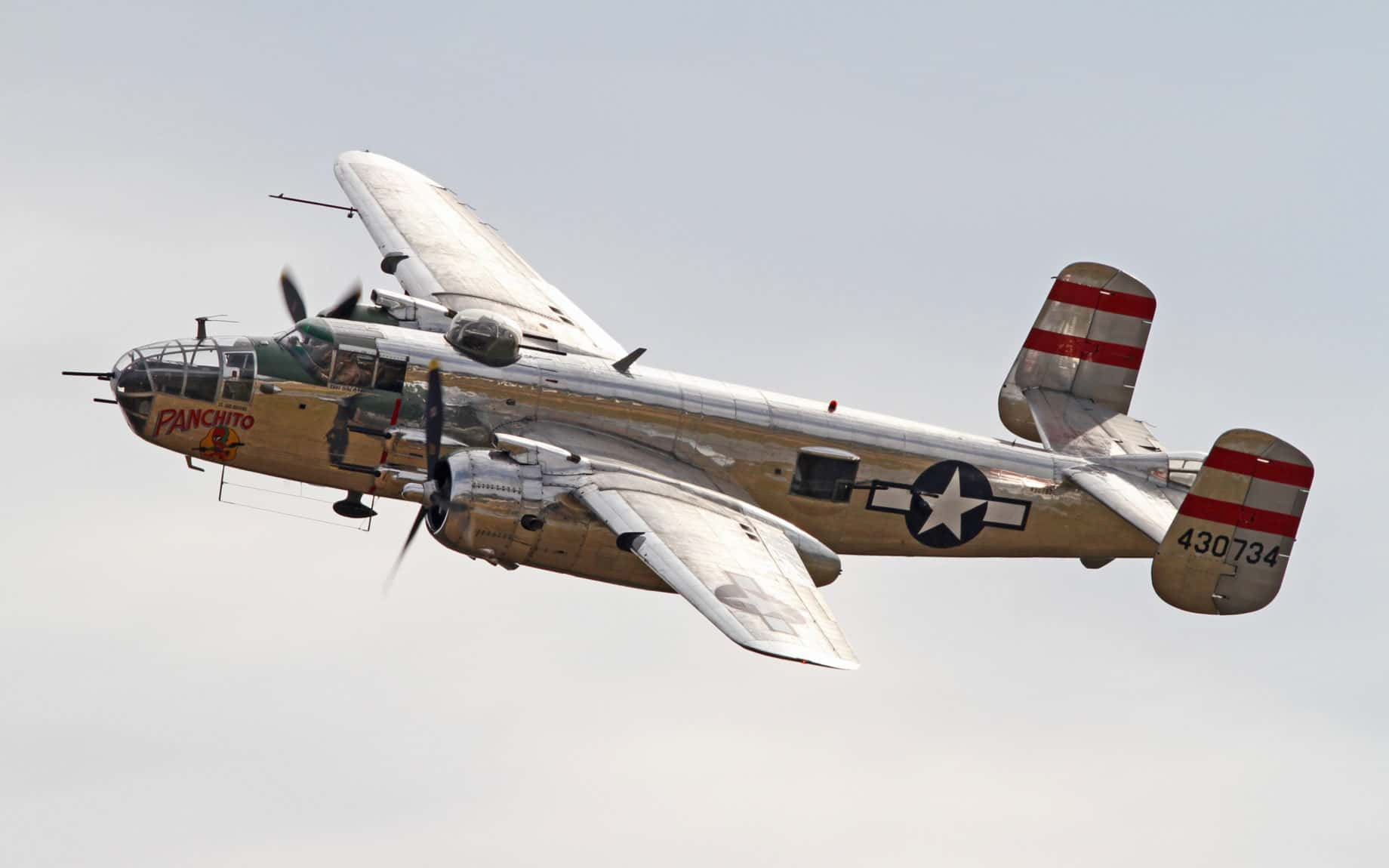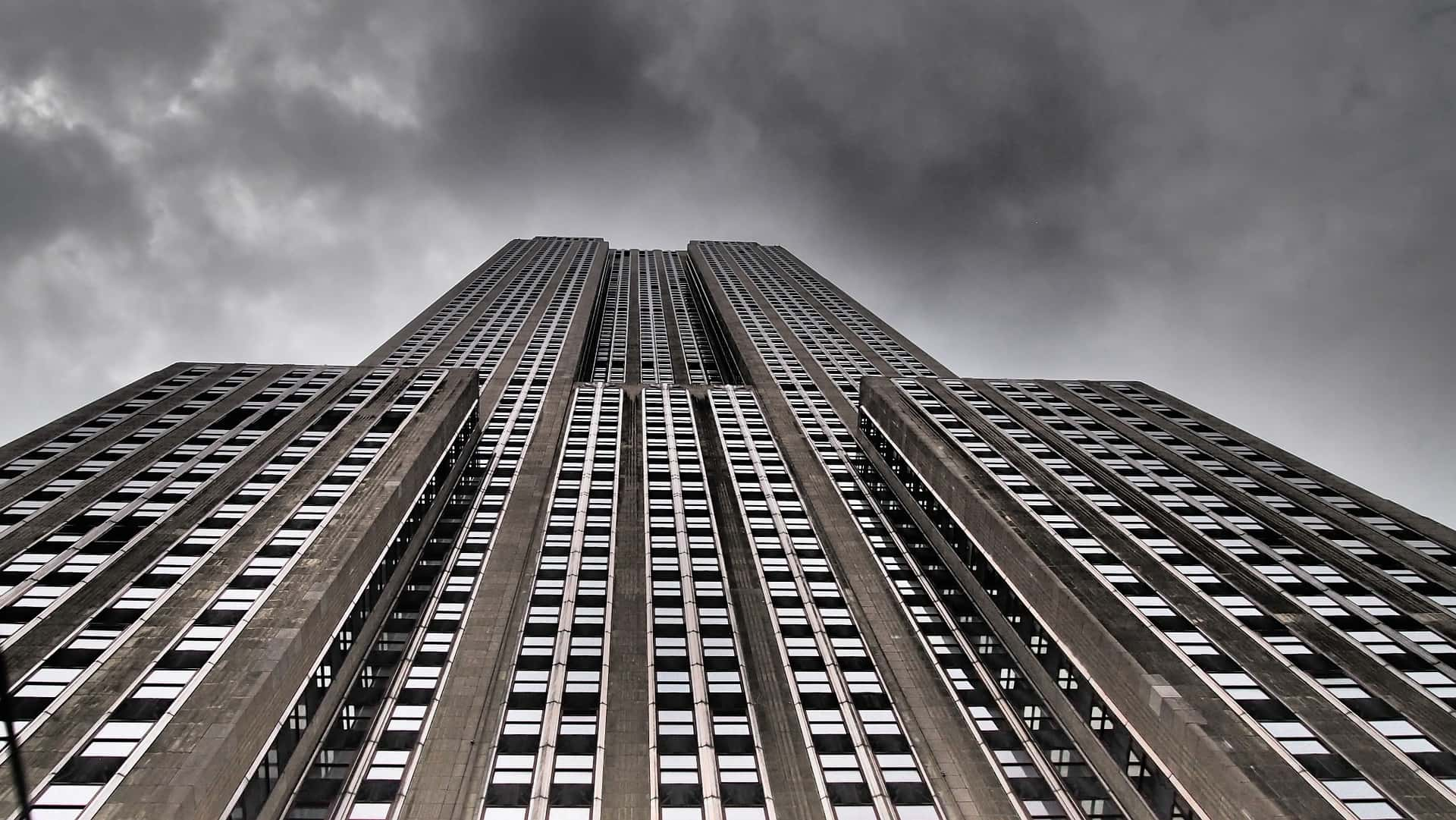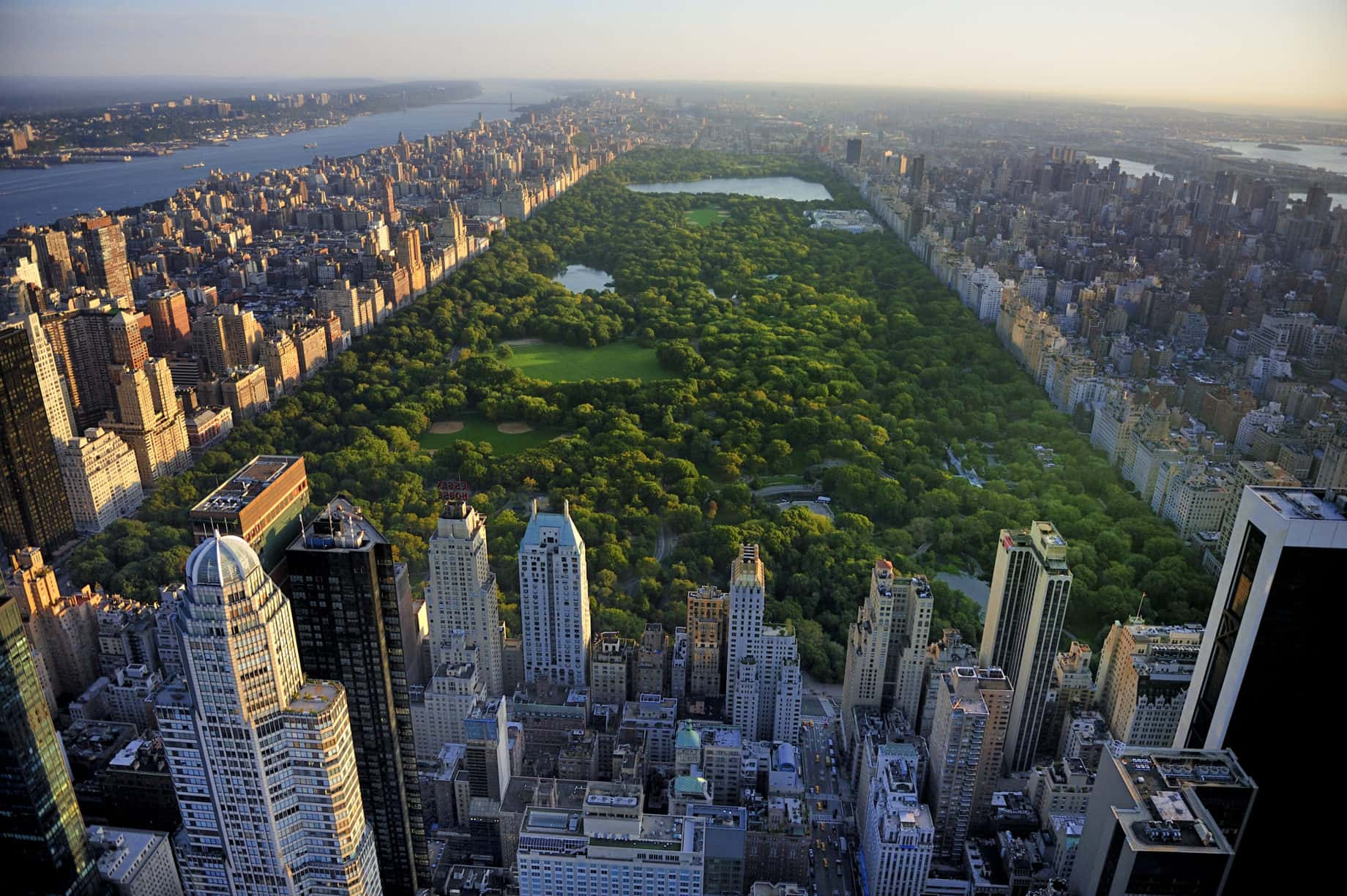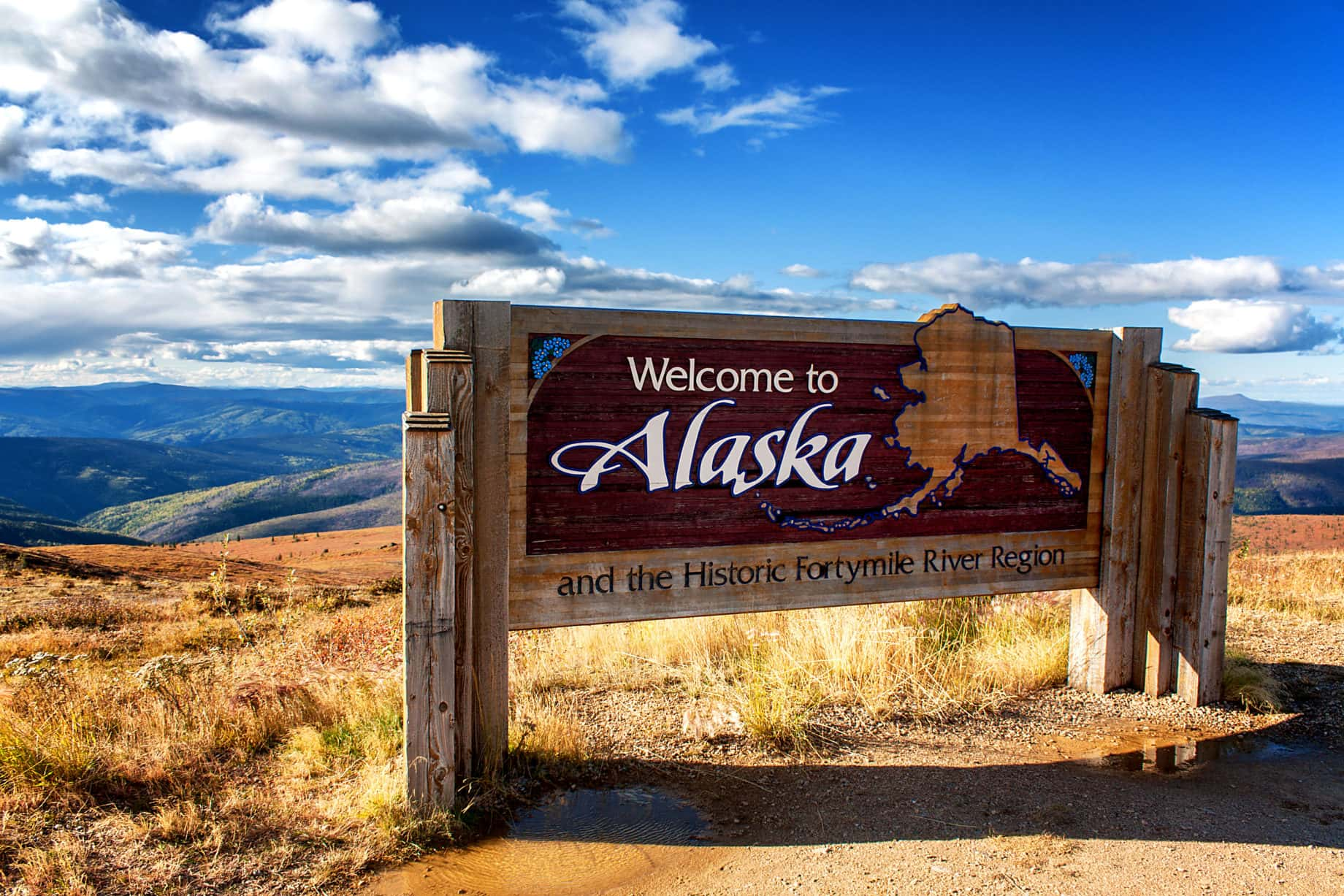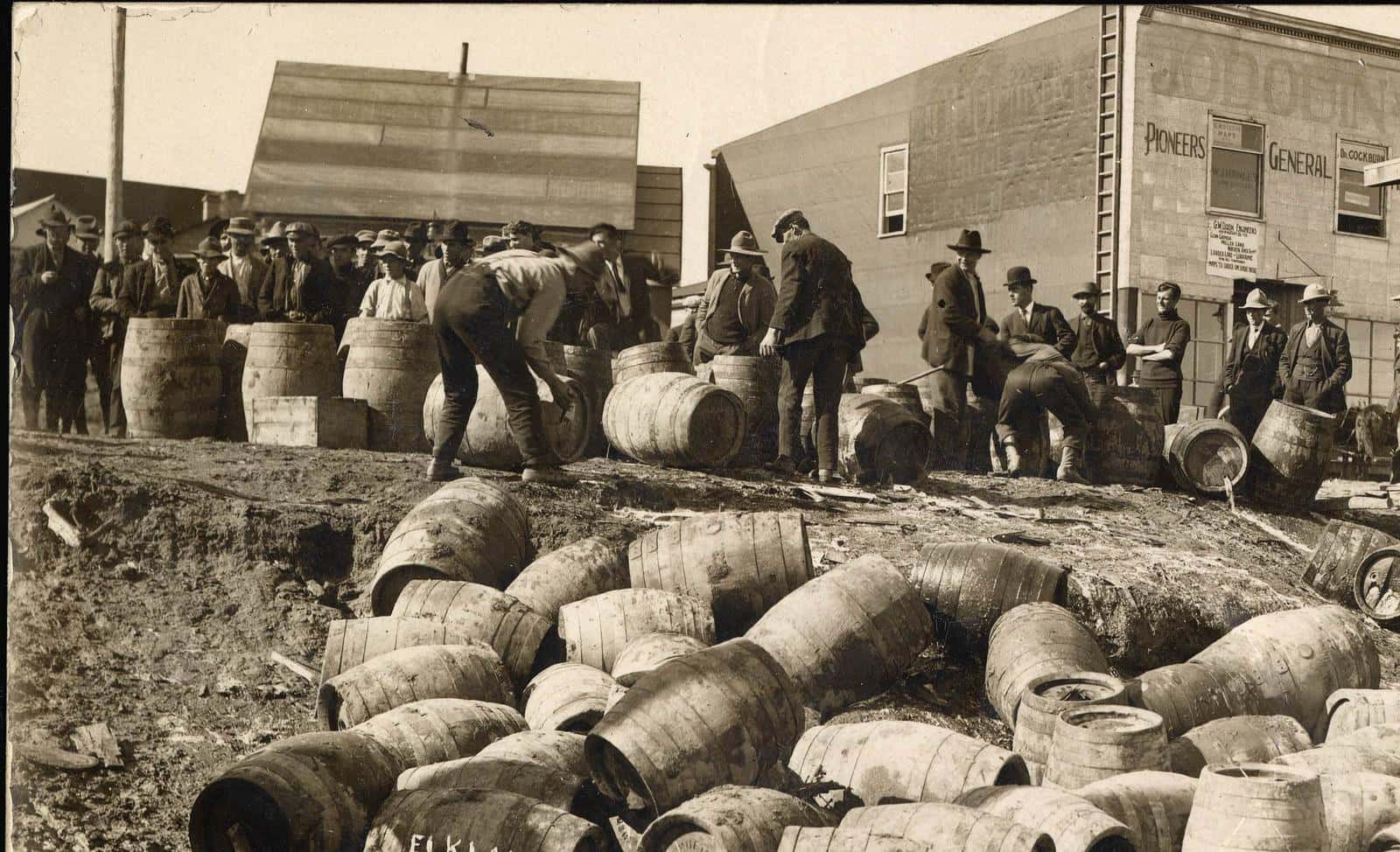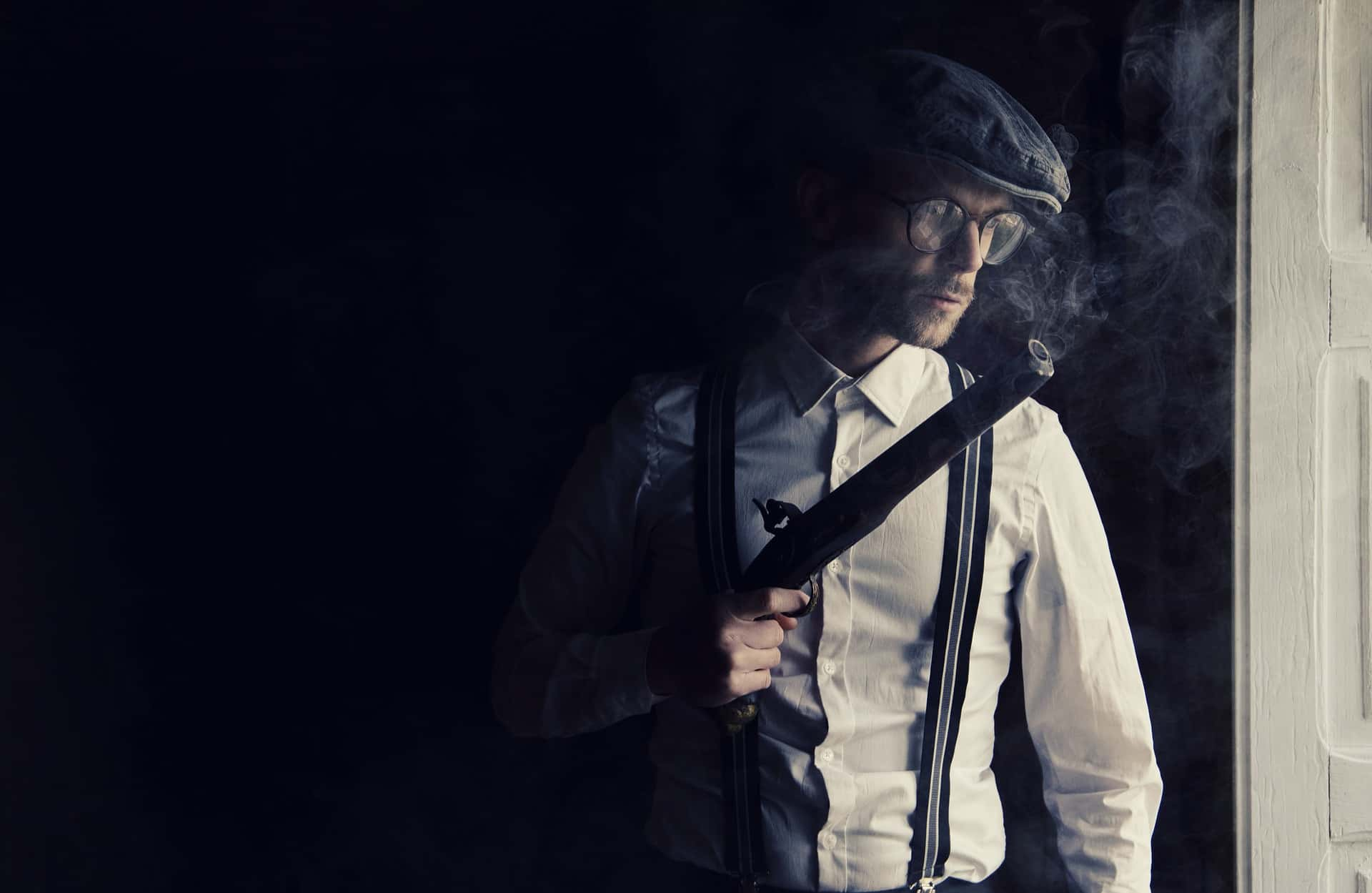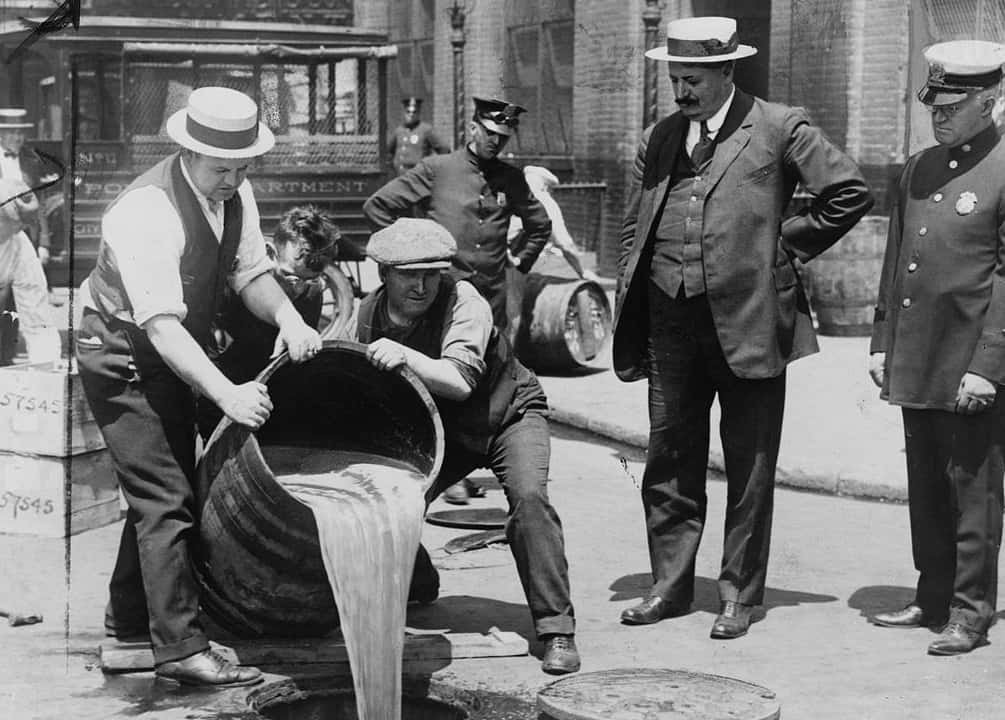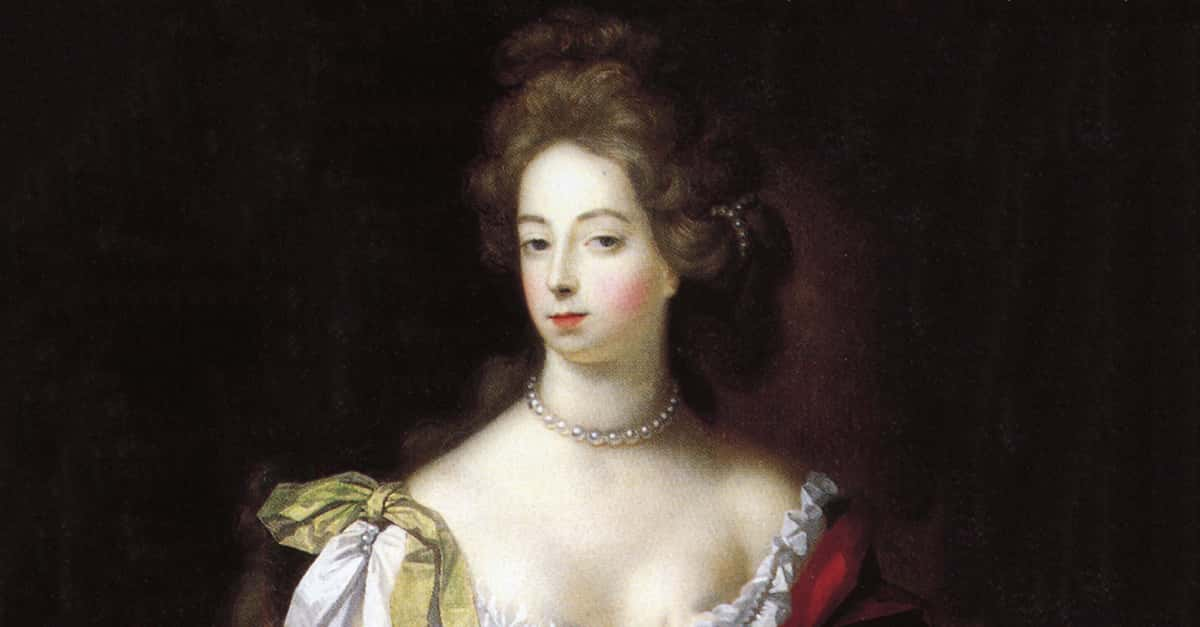New York is among the most storied cities in all the world. It is a major travel, business, and cultural hub. You will find fine dining beside Ray's Pizza, luxury shopping in Soho next to the crammed knock-off shops of Canal St. New York is a mosaic of cultures that have all come together to give the Big Apple a flavor of its own. And despite being featured in countless movies, TV shows, and songs, the city that never sleeps still has a few secrets to tell.
New York City Facts
1. Ellis Island
From 1889 to 1926, over 16 million immigrants entered through New York harbor into the United States. About 30% of Americans can trace at least one ancestor to Ellis Island.
2. Luck of the Irish
Due to devastation from the potato famine and political turmoil in Ireland, by 1855 more native-born Irish lived in New York City than in the Dublin, the nation's capital.
3. We're Gonna Need a Bigger City...
Every year New Yorkers are responsible for ten times as many biting incidents as sharks are globally.
4. Power of Nature
The city that never sleeps, obviously, needs a whole lot of power to keep it running. So where does all that electricity come from? Niagara Falls produces a large portion of the city's energy needs, but another source is actually floating just off the coast. Several natural gas "power barges" moored on the Brooklyn shore can be quickly fired up in case of emergency to provide extra juice when the city needs it.
5. A Tale of Five Cities
When people think of the New York skyline, they're usually just thinking of the Manhattan skyline. The four other boroughs, the Bronx, Queens, Brooklyn and Staten Island, just don't get their due!
6. Fame
Some of the most famous people on Earth are New Yorkers. Donald Trump, Martin Scorcese, and Paul Simon are all from Queens; Jennifer Lopez, Lauren Bacall, and Billy Joel hail from the Bronx; Adam Sandler, Spike Lee, Walt Whitman, and Jay Z called Brooklyn home; President Theodore Roosevelt himself was born on the streets of Manhattan. Sorry to those we missed, but if we had to list every famous New Yorker, we'd be here all day.

7. Merci
In 1885, the French Republic gave the Statue of Liberty to the US as gift commemorating the 100 years anniversary of American Independence. After all, the American Revolution helped pave the way for the French Revolution, so the two countries saw themselves as kindred souls.
8. Lady Liberty
The Statue of Liberty isn't actually the structure's real name. Its sculptor, Frédéric Auguste Bartholdi, called it "Liberty Enlightening the World."
9. A Towering Name
While Bartholdi was the statue's sculptor, another famous name played an integral part in its design. Gustave Eiffel (maybe you've heard of his Tower) built the metal framework inside Lady Liberty that has kept her standing strong for all these years.

History's most fascinating stories and darkest secrets, delivered to your inbox daily.
10. Piece by Piece
The French built that statue in Europe, then transported it across the Atlantic. It ended up in over 300 pieces in 214 crates and took four months to assemble at its current location on New York’s Liberty Island (then called Bedloe's Island).
11. A New Coat of Paint
The Statue of Liberty is, of course, green. At this point, a lot of people know that's because she's made of copper, which turns green after years of exposure to the elements. While the color is iconic today, when it first appears, authorities weren't exactly happy about it. Worried that the statue was degrading, and missing the original copper coloration, US Congress planned to paint the entire statue!
By this point, the public had fallen in love with their green girl, and they rose up in protest to the paintjob. As a result, Congress ordered the Army Corps of Engineers to study the green patina. They determined that the oxidation actually helped preserve the statue, and concluded that it "softened the outlines of the Statue and made it beautiful." So the green stayed!
12. City-State
If New York City was a country on its own, it would be ranked the 16th largest economy in the world, being only a little smaller than the economies of Canada and Spain.
13. There's Gold in Them Thar Streets
New York City's Federal Reserve Bank possesses the biggest gold reserve in the world. The vault is 70 feet beneath street level in Manhattan and contains over $80 billion in gold.
14. We Recycle
NYC landfills have begun to completely fill up with waste and so garbage has to be transported to other nearby states. New York City produces 12 million tons of trash annually. To deal with all this garbage, the city uses enough trucks every day to form a nine-mile-long train. Some of the trash is hauled to other states and in some cases as far away as China or India.
15. Do You Even Read?
The New York Public Library contains over 53 million books and publications and is one of the most extensive library systems in the world. Only the Library of Congress and the British Library possess more volumes.
16. The Yankees of Baseball
The New York Yankees have grabbed the MLB's World Series 27 times, more than any other team.
17. Not Just Humans...
The Bronx Zoo in NYC is the biggest city zoo in the US with over 650 species and 4,000 animals.
18. I'll Take It
Contrary to popular belief, Europeans did not buy Manhattan from Native Americans for a bunch of beads. According to a letter written by Peter Schaghen to leaders in the Netherlands, Dutch settlers bought the Island from local tribesmen in the 17th century, naming it New Amsterdam. The letter mentions that the island was bought for 60 guilders, but there is some crucial information missing such as an official deed to the purchase.
It is believed that the island was purchased for USD $24, but when adjusted for inflation the figure was actually closer to USD $950. Still, that's a pretty solid return on investment!
19. Yoink
40 years after the Dutch purchase, the English seized the territory of New Amsterdam. The area was named New York after King Charles II's brother, the Duke of York, in whose name the city was captured.
20. No Take-Backsies!
Most people know that the English claimed New York from the Dutch, but they often forget that the Dutch actually took it back! During the Third Anglo-Dutch War, a Dutch captain seized New York and renamed it New Orange. The occupation didn't stick, though—the Netherlands returned the island to the Brits a year later.
21. NY Post
The New York Post is one of the oldest newspapers in the United States that is still published today. Alexander Hamilton founded it in 1801. Not sure what Hammy would think about how his paper looks today though...
22. Move It!
Except for emergencies, honking your car horn is actually illegal in New York City. Does that make it the most frequently broken law in history? Probably.
23. Salut, Hallo, Ciao, Shalom, Ni Hao, Hola
More Chinese people live in New York City than any other city outside of Asia. And more Jewish people live there than any other city outside of Israel. A testament to the multiculturalism of the city.
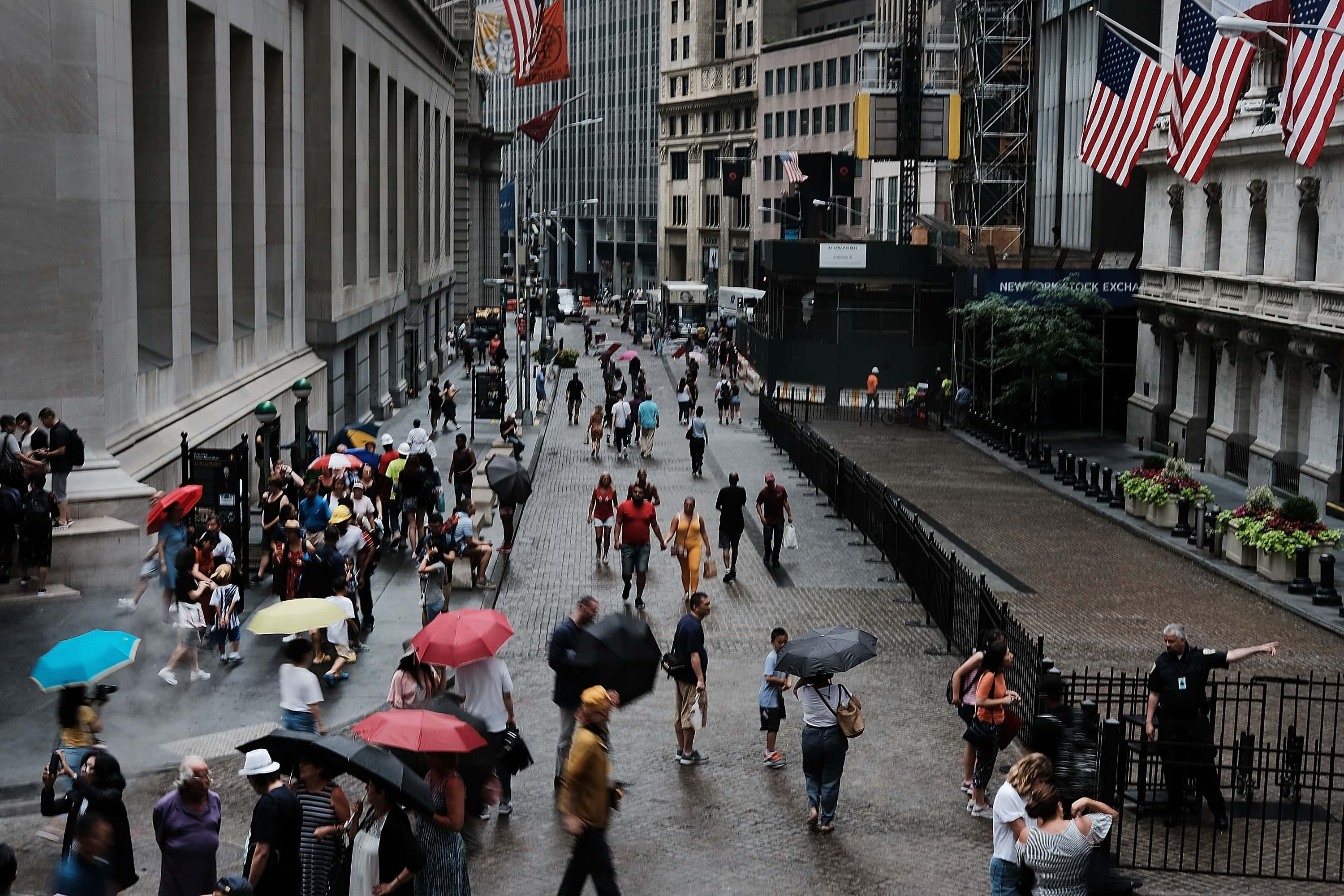
24. Central Perk
New Yorkers drink seven times more coffee than people in the rest of America.
25. Sandy
Hurricanes are usually a problem in the tropics, but in 2012, Hurricane Sandy reached the Northeast with enough power to cause serious damage. Over 50 New Yorkers lost their lives, huge swaths of the city lost electricity, thousands of homes were destroyed, and the economic damage reached nearly $20 billion.
26. Thought the Rockies Would be Rockier Than This
Manhattan comes from a Lenape word meaning "island of many hills." This seems ironic today, as many of the hills have been flattened to improve the land for urban development.
27. A Room with No View
NYC is the only city to possess skyscrapers with no windows. The picture below if of 33 Thomas Street, formerly known as the ATT Long Lines building, which was built to hold telephone equipment. This style of architecture is called brutalism and is seen today as the architectural dark age. The building's unique aesthetic stands out in the New York skyline, and recently served as the setting for the sci-fi video game Control by Remedy Entertainment
28. NYC Going Green
Although NYC is known as a concrete jungle, the city also makes sizeable investments in park space. The most famous, of course, is Central Park, 843 acres of prime real estate in the middle of Manhattan. In 2009, the city opened the High Line, a 1.3 mile stretch of elevated disused train tracks that have been converted to a free garden. Then, in 2019, NYC started work on the Lowline, the world's first underground park.
29. Aliens in NYC
15,152 forms of life have been found in the New York Subway system (these include insects and bacteria).
30. My Train's Better Than Your Train
Founded in 1904, today the New York City Subway is the largest subway system in the world by number of stations. But while the MTA is one big, happy family today, the different subway lines were originally owned and operated by several private, competing companies. It took decades before they consolidated into one organization run by the city.
31. Watch It, I'm Anchorin' Here!
In 1524, Giovanni da Verrazzano became the first European to visit New York Harbor. He anchored in the Narrows, the strait that separates Staten Island and Long Island, where a group of Lenape visited his ship. Verrazzano did not, however, sail any further north, so he didn't actually see the Hudson River.
32. Mr. Hudson
Henry Hudson ended up discovering the Hudson (surprise surprise) decades later in 1609. What was he doing there? Hudson was actually looking for the fabled Northwest Passage to China. He didn't find it in New York, but at least he got one of the world's most famous rivers named after him.
33. The Big Apple is Born
What we now call the five boroughs of New York were initially five separate cities; they were consolidated into the city of New York in 1898.
34. A Cultural Mosaic
New York City is one of the world's greatest multicultural cities. Its population of 3.2 million foreign-born residents is the largest in the world. Around 800 distinct languages are spoken in the city, making New York the most linguistically diverse city in the world as well.
35. Billionaire's Row
Ever wondered who can possibly afford the ridiculous prices of New York City real estate? Well, consider this: the Big Apple is home to more billionaires than any other city on earth.
36. Made for Skyscrapers
Receding glaciers formed the many islands of New York City tens of thousands of years ago. This also happened to leave dense bedrock not far beneath the surface—perfect foundation for the city's many skyscrapers.
37. Did He Found Ray's Pizza?
Juan Rodriguez was the very first New Yorker. A Dominican merchant of Portuguese and African descent, Rodriguez first came to Manhattan in 1613 and began fur trapping and trading with the local Native American population. Today, the stretch of Broadway between 159th and 218th streets is called Juan Rodriguez Way to commemorate him.
38. The Seat of the Empire
NYC was the first capital of the US once the constitution was ratified. George Washington was sworn in as the first constitutional US President on the Old City Hall balcony.
39. Not So Innocent
When people think of slavery in the United States, they tend to think of the South, but the North played a huge role as well. New York City was a center of the slave trade in the early 18th century and 42% of households had slaves in 1730—higher than any city other than Charleston, South Carolina. By the 1740s, one out of five New Yorkers were slaves.
40. Tragic History
1741 saw one of the darkest chapters in New York's history. After a series of fires, people in the city started spreading a conspiracy that black people and poor immigrants were planning on burning the entire city to the ground. Though there was next to no truth to these rumors, the police ended up rounded up 31 black people and four white people, convicting them of arson.
13 of the black men were executed by being burned alive, and the rest of the convicts were hanged.
41. Not Black and White
Even to up until the Civil War, there was widespread pro-slavery sentiment in New York City. The city's economy heavily relied on cotton from the South, and many of the city's poorer residents were furious about conscription. As such, many New Yorkers sympathized with the Confederacy, and these tensions came to a head with the Draft Riots of 1863. White immigrants rioted and attacked black neighborhoods and the homes of abolitionists. These riots forced many black New Yorkers to flee Manhattan for Brooklyn.
42. Auch der Lieber!
For years, New York was well known for its Irish population, but it's often forgotten that the city had an enormous German culture as well. By 1860, a quarter of the city was German.
43. Saving Sunlight
The spires of the Empire State Building and the Chrysler Building are world-famous today, but they actually exist because of a zoning regulation. In the early 20th century, New Yorkers were worried that the growing trend of skyscrapers would leave the streets covered in shadows. So, a 1916 Zoning resolution restricted building size to a certain percentage of lot size. If developers wanted to build tall, they needed to build skinny to allow more light down to street level, and that’s what they did.
44. Race to the Sky
The Empire State Building was a true architectural achievement when it was first built, but what’s more amazing is that the entire thing went up in barely over a year!
45. Money Sink
Despite the fact that the Empire State Building was an instant landmark as soon as it opened in 1931, its owners didn’t actually make a profit off of the skyscraper until the early 50s.
46. Mail Time
The Empire State Building is so big that it actually has its own ZIP code: 10118.
47. Shaft Terror
On a foggy day in 1945, a B-25 Mitchell bomber crashed into the side of the Empire State building between the 79th and 80th floors. Fourteen people lost their lives, but amazingly, elevator operator Betty Lou Oliver was not among them. After the crash, the elevator she was in was sent plummeting 75 stories down, but Oliver managed to survive the incident!
To this day, it’s the longest fall in an elevator that someone has survived.
48. Not Again!
Unfortunately, Betty Lou’s ordeal wasn’t the only time one of the Empire State Building’s elevators was sent into a free fall. In 2000, a cable that controlled the elevator’s speed snapped, and a cabin fell 40 floors from the 44th to the fourth. Once again, all passengers survived with only minor injuries, but you can be sure every single one of the building’s elevators received a thorough inspection after that.
49. Empire State Building
Contrary to popular belief, a penny dropped from the Empire State Building's observation deck will not kill someone on the ground if it struck them directly. With a terminal velocity around 60 mph and very little mass, the impact would certainly sting but not it would not deal enough damage to cause serious injury or death.
50. We Want a Park!
New York City’s population quadrupled between 1821 and 1855. The island of Manhattan was quickly filling up with urban development, and wealthy members of the city’s elite called for a large park to preserve green space in the city. After years of planning, and the forced relocation of over 1,500 black and Irish residents, Central Park began construction in 1853.
51. I'll Trade You a State for a Park
Building Central Park was no walk in the…park. It took over 20 years to complete, and despite initial cost estimates of $1.7 million, by the end, the price had ballooned $7.39 million. That’s more than the US paid for the entire state of Alaska, which it purchased a few years later.
52. Nightmare in the East River
Most people don’t realize that a maritime disaster just as horrifying as the sinking of the Titanic happened just off New York City’s coast in 1904. The General Slocum, a steamship, was carrying a local church's congregation to a picnic when a fire broke out on board. Within view of the New York skyline, the blaze quickly engulfed the entire ship. Even though they weren’t far from shore, over 1,000 of the ship’s 1,342 passengers perished.
53. That's a Lot of "Soda"
Unsurprisingly, New York City was a hub of illegal bootlegging during the Prohibition Era. By the middle of the 20s, there were upwards of 100,000 speakeasies in the five boroughs alone!
54. What's the Opposite of a Crime Wave
Prohibition may seem like a time when gangsters roamed wild across the cities of America, but don’t believe everything you see in the movies: Crime rates actually dropped in New York City during Prohibition.
55. Horrific Measures
During prohibition, the US government attempted to stop the illegal production of alcohol by adding poison to industrial alcohols. NYC medical examiners desperately tried to stop the authorities from poisoning alcohol, but their cries fell on deaf ears. 23 New Yorkers died in a span of just two days after the measures were first introduced, and by the time they stopped, more than 10,000 Americans were dead.

